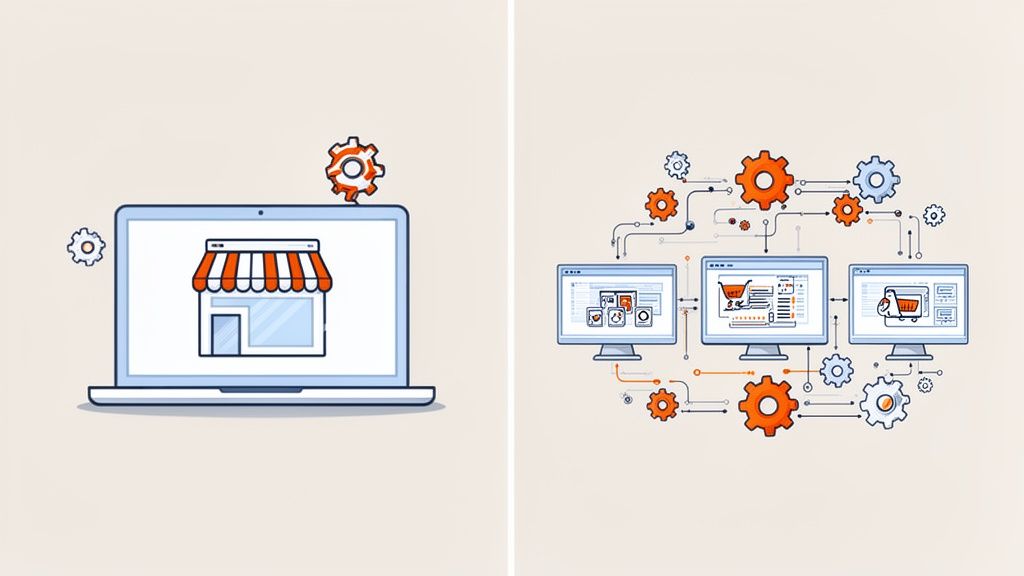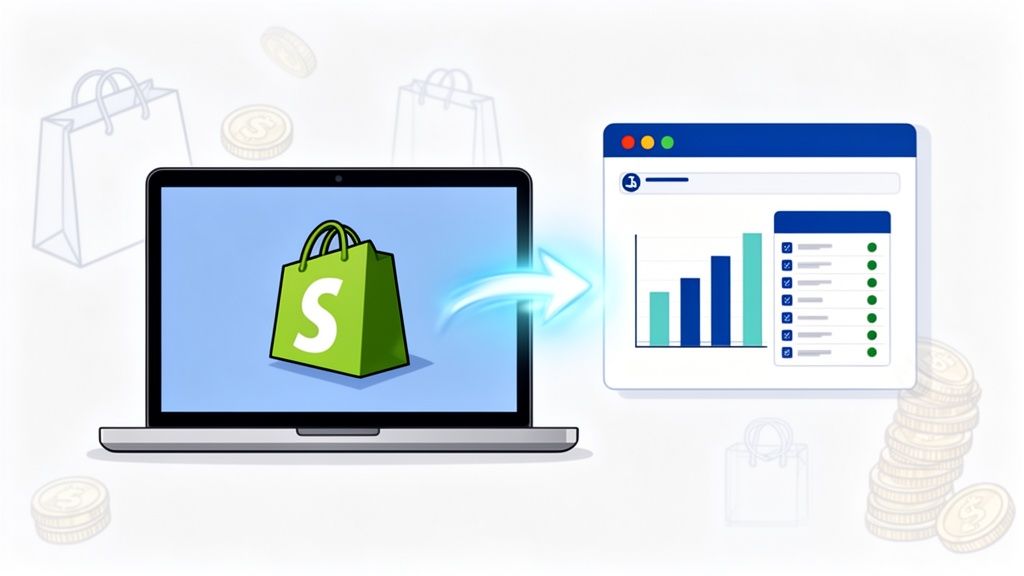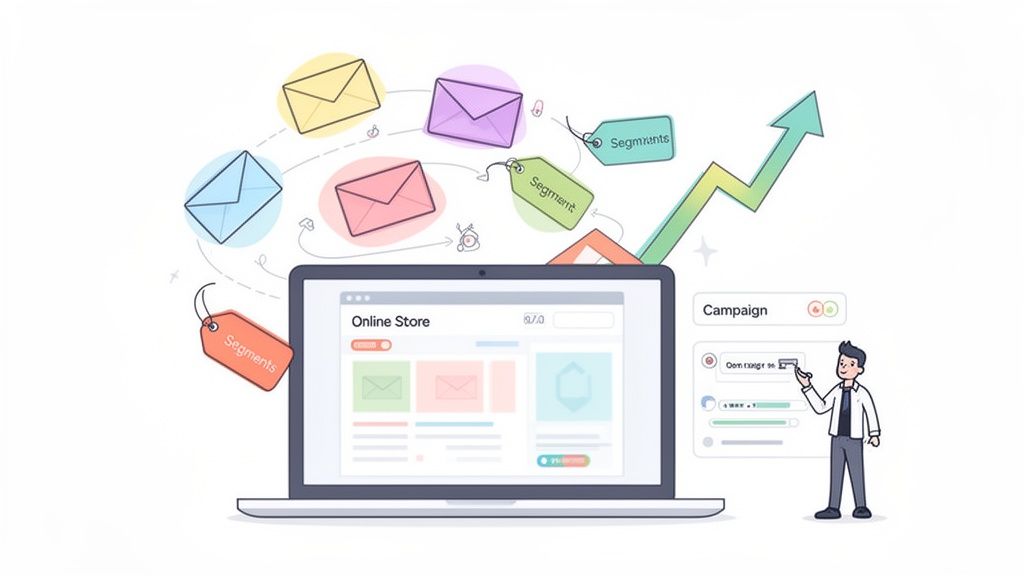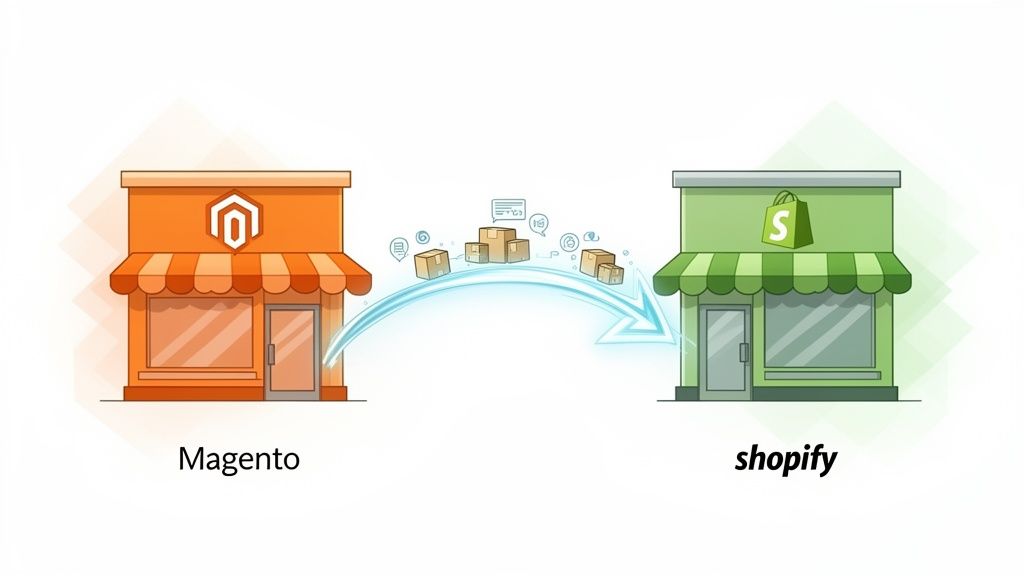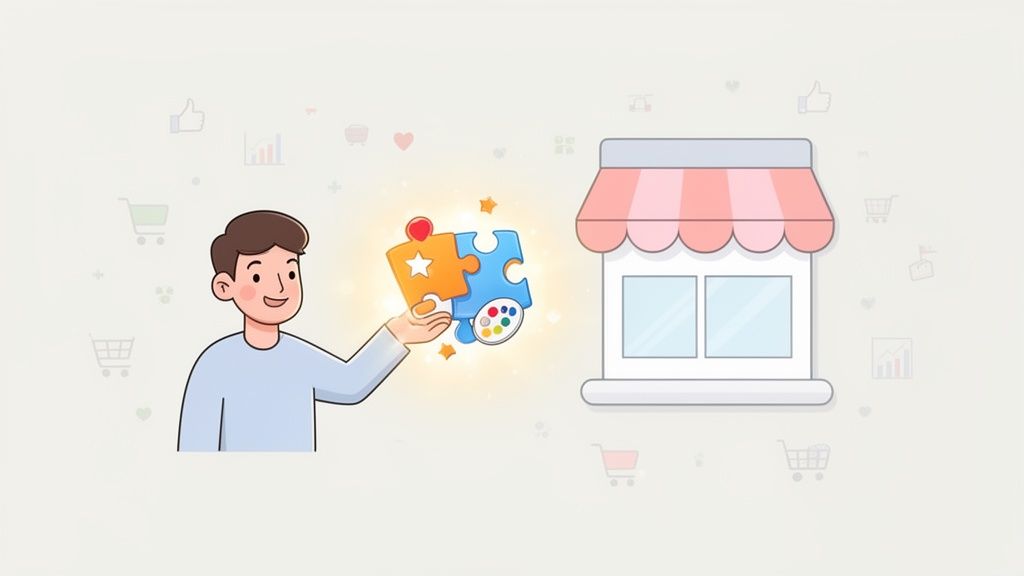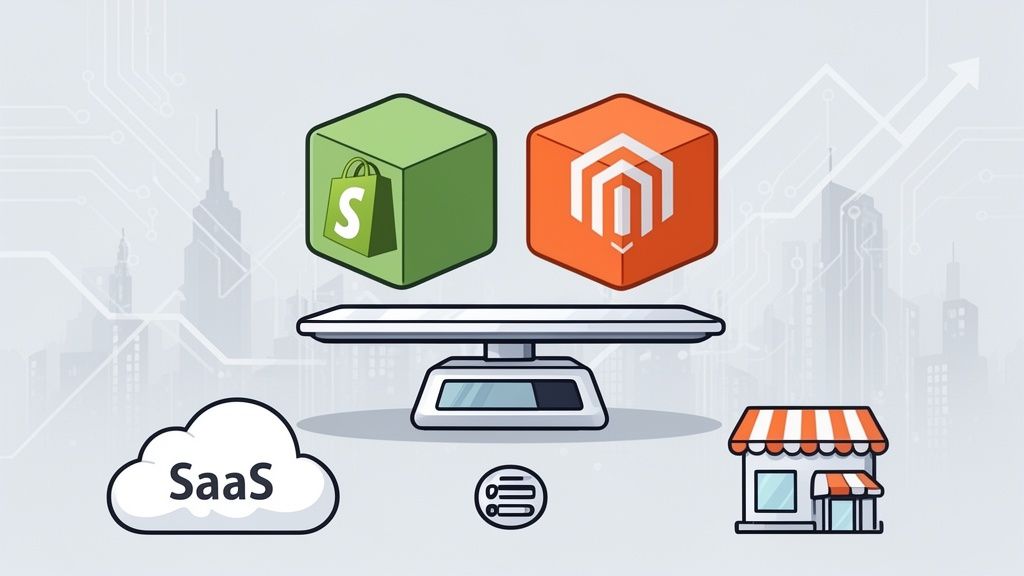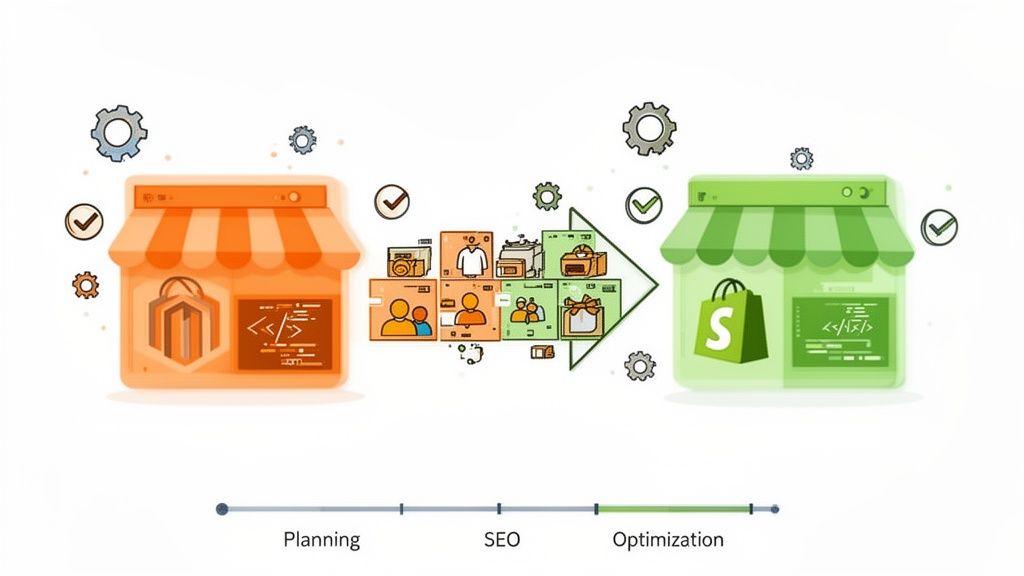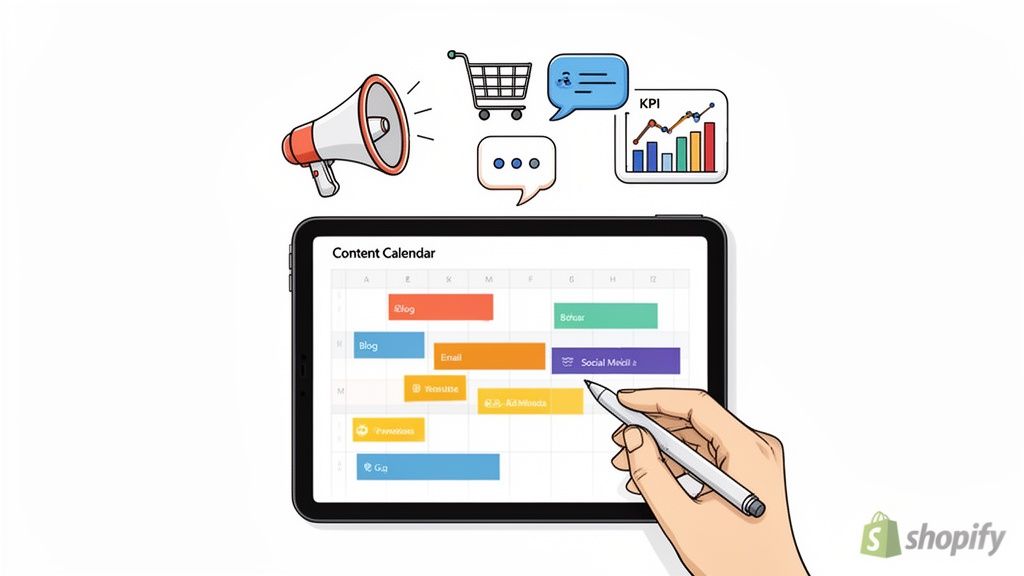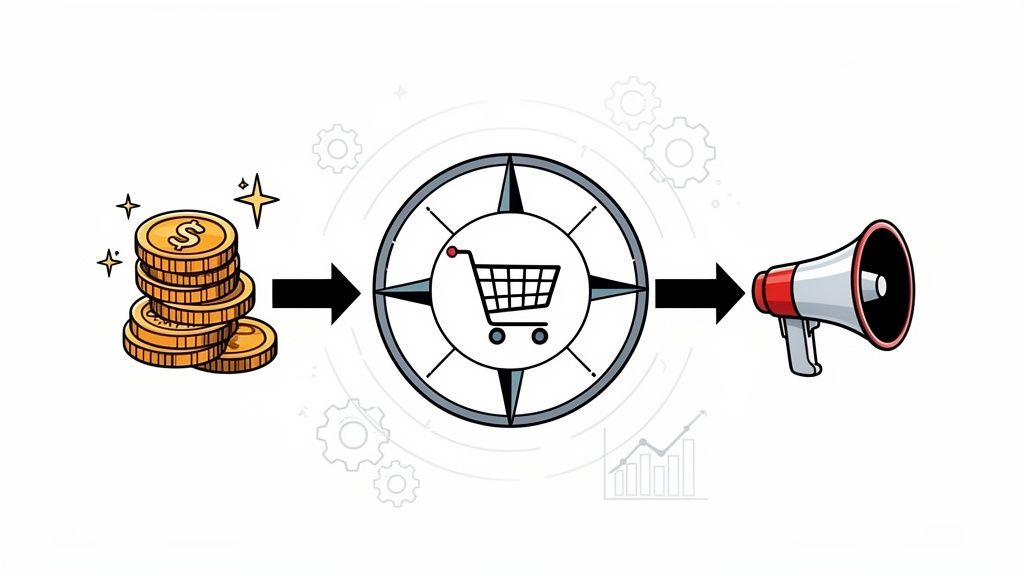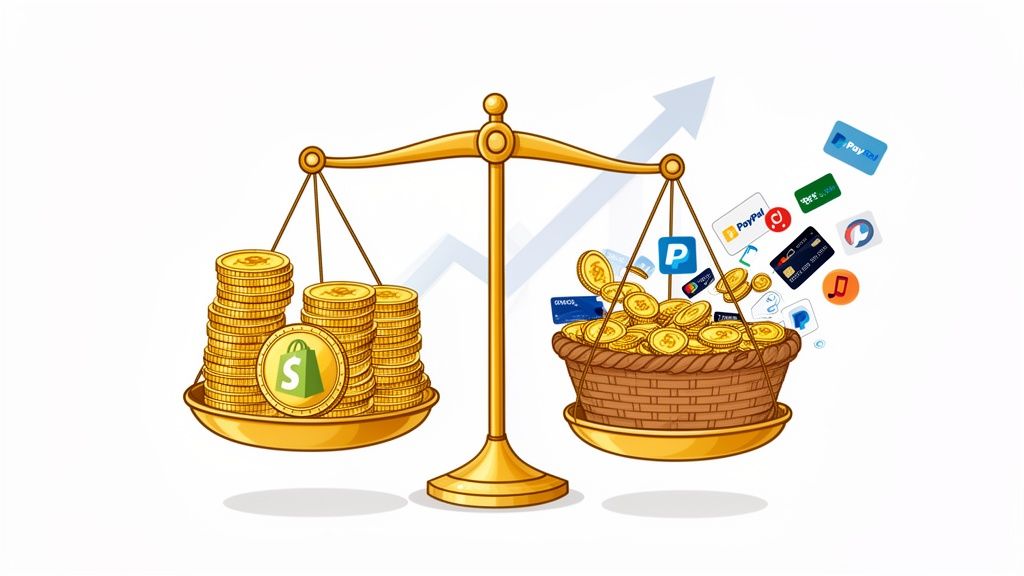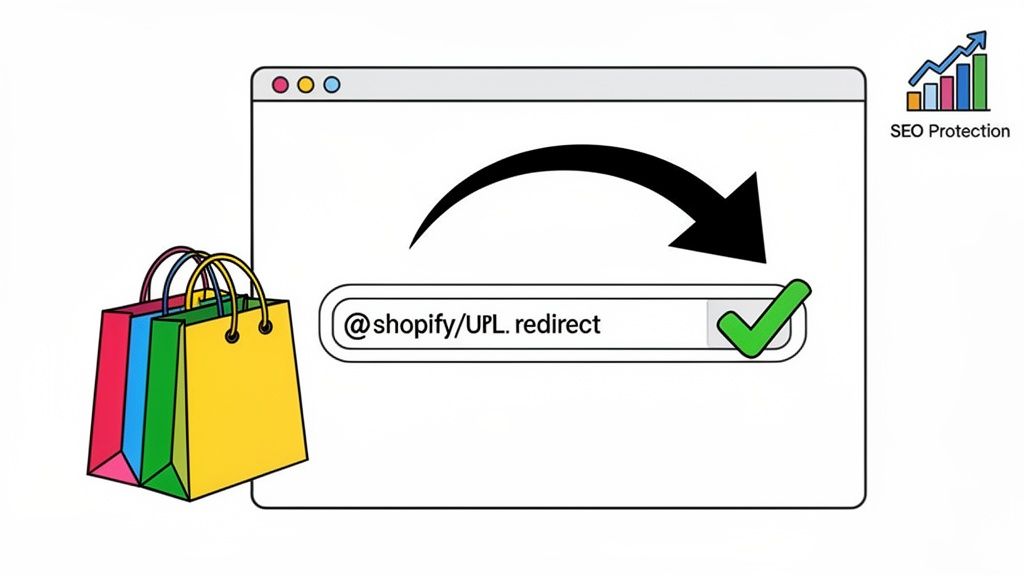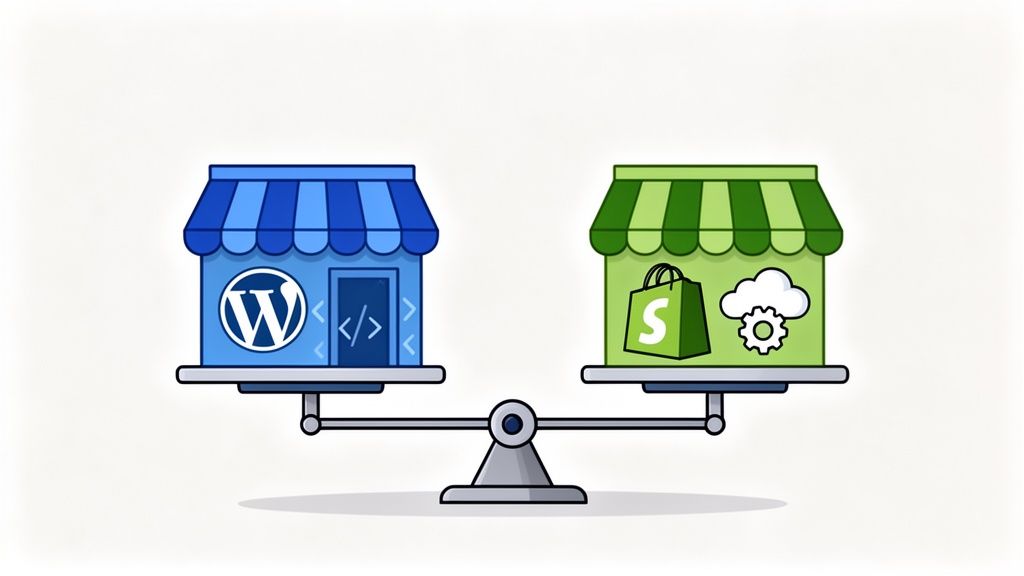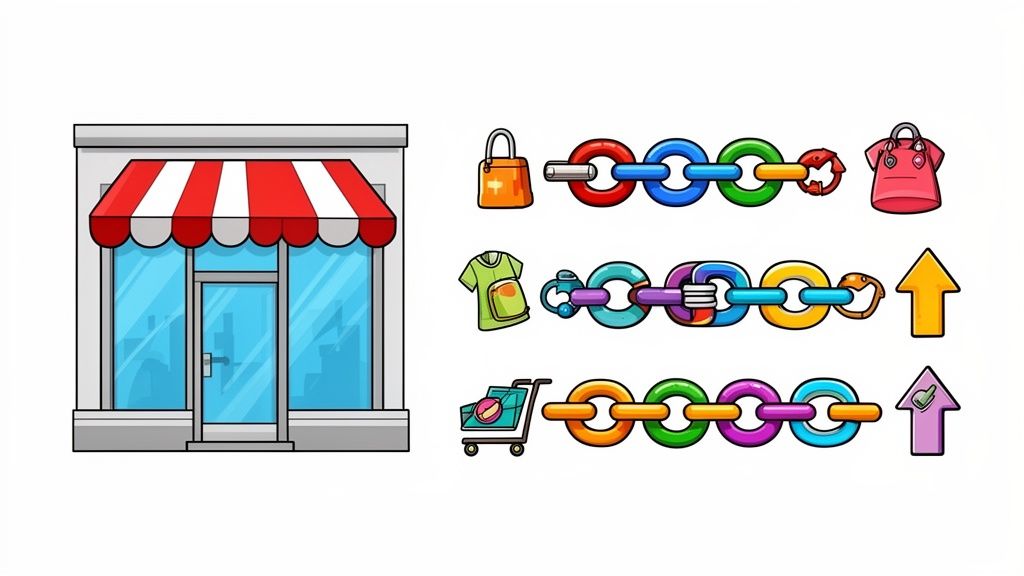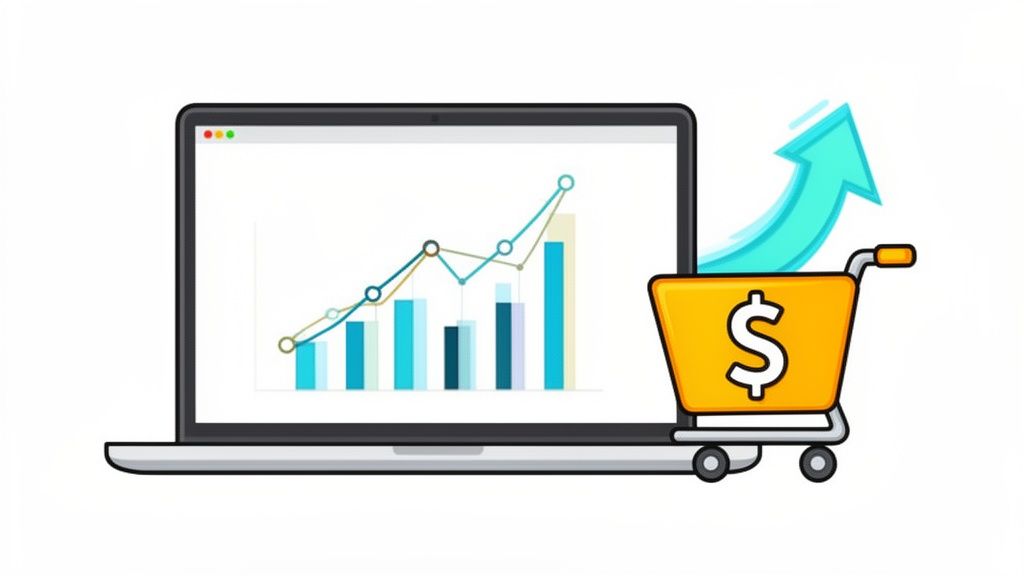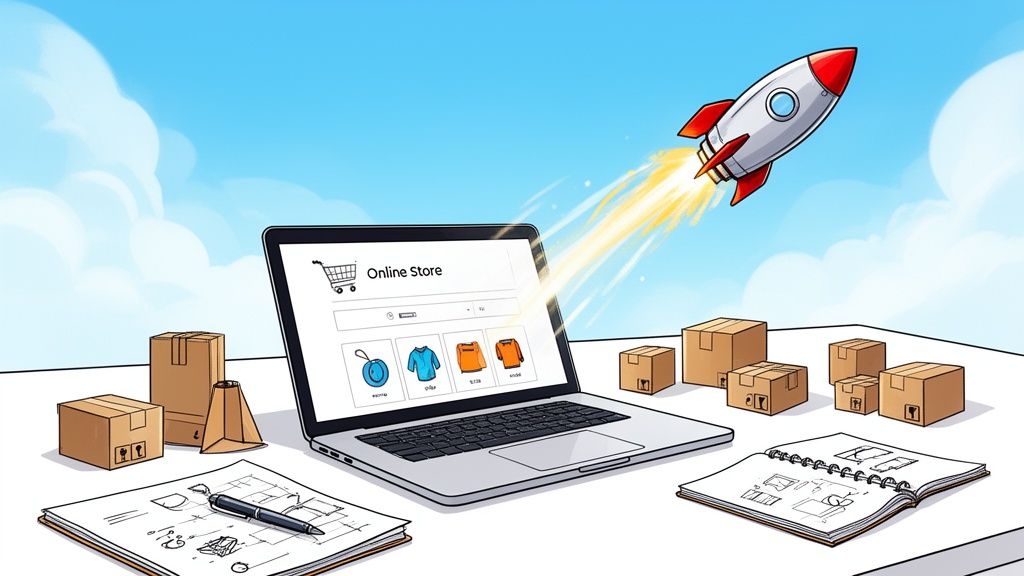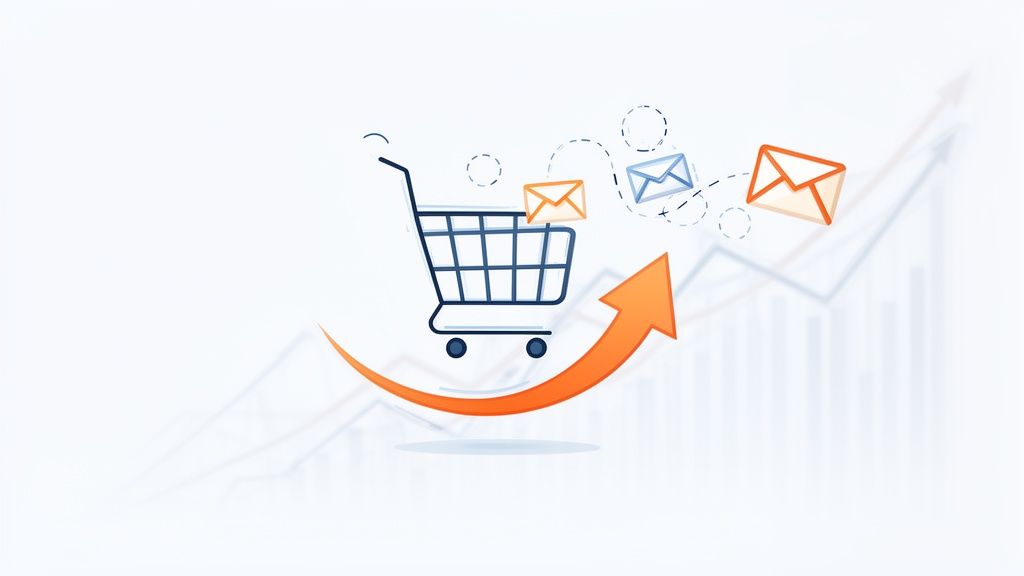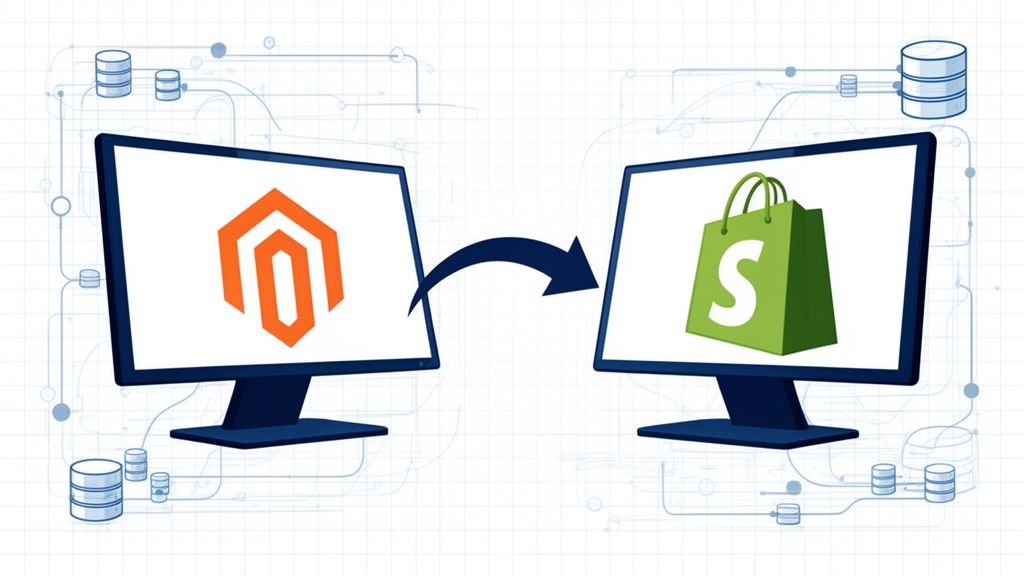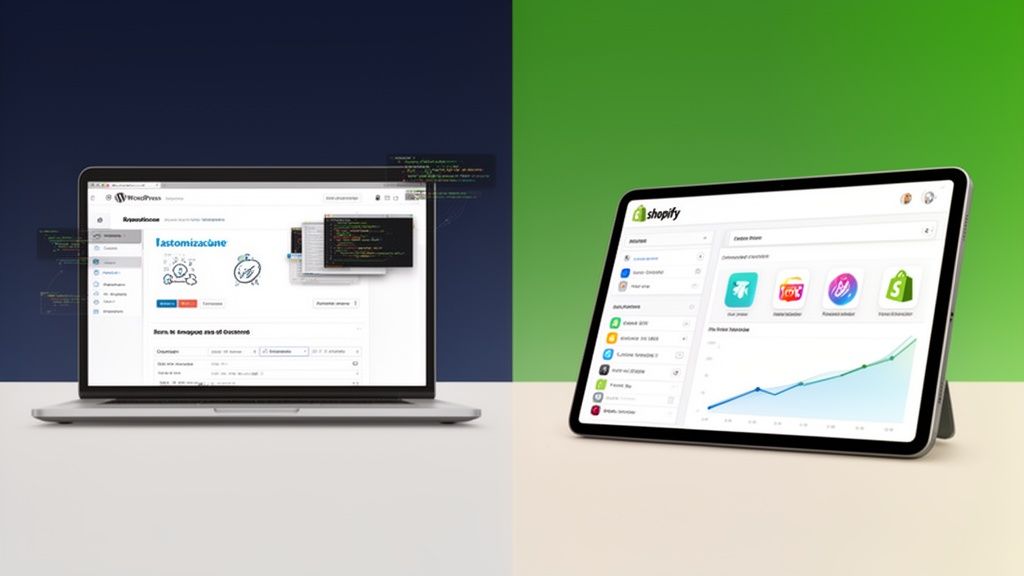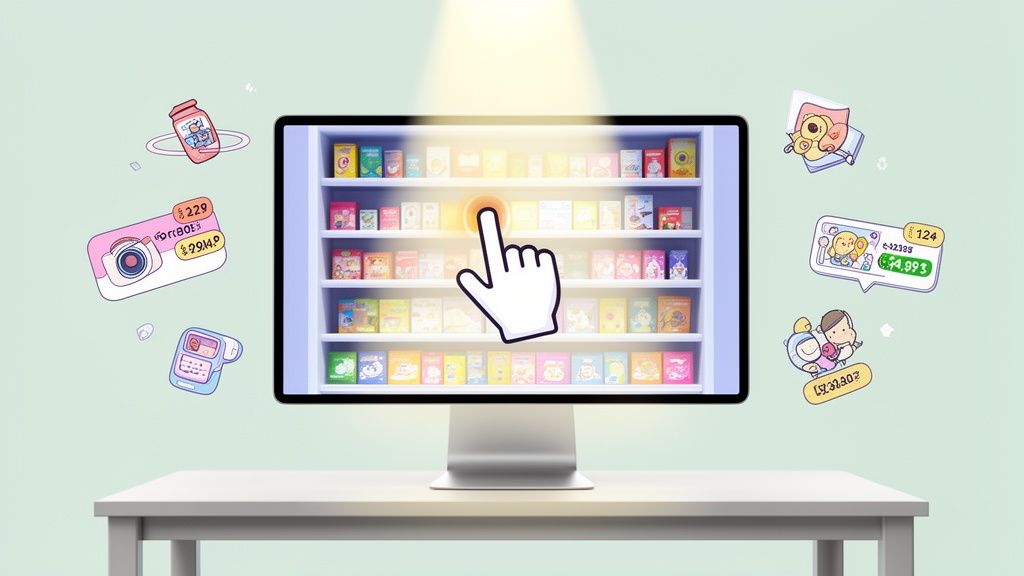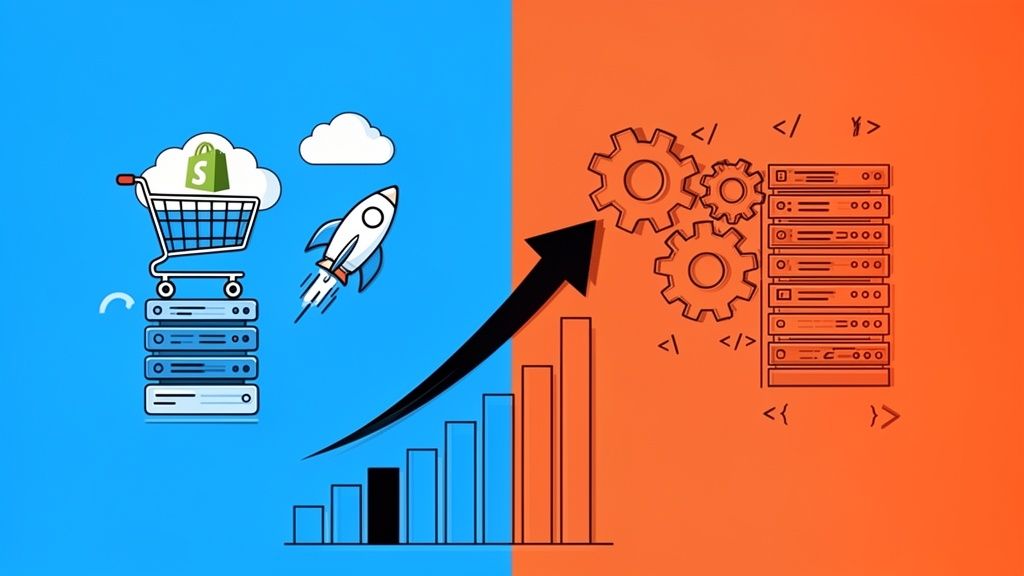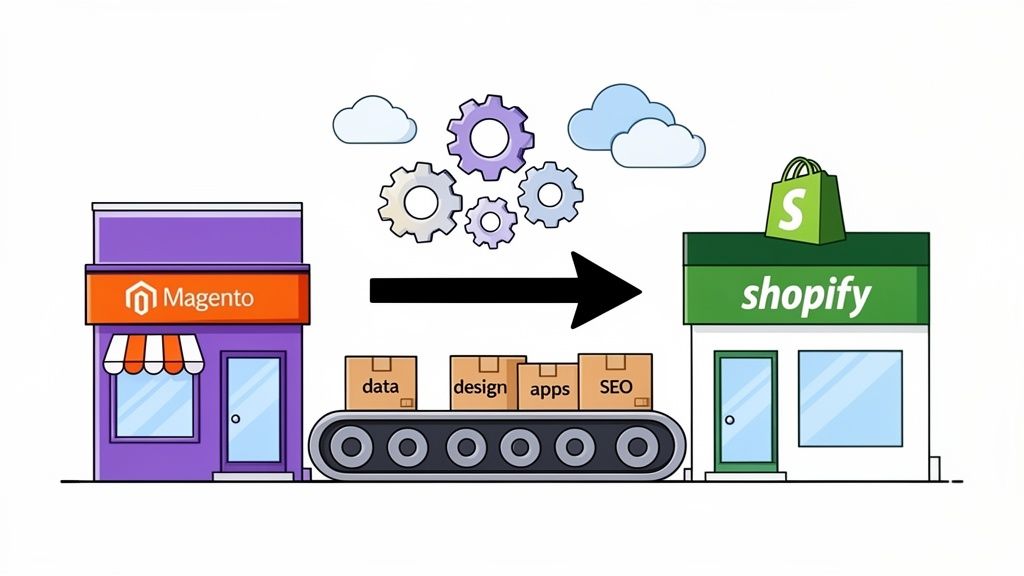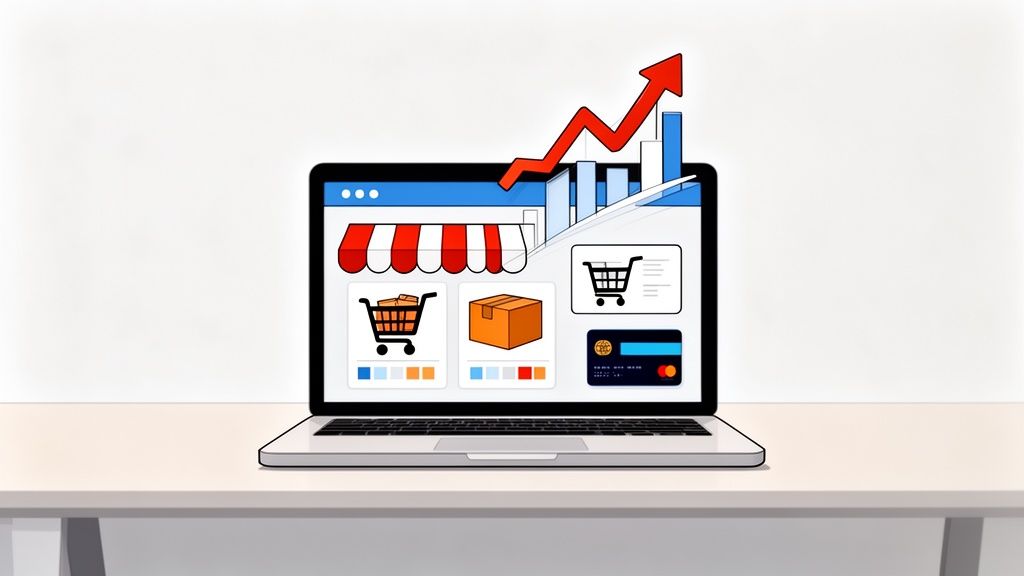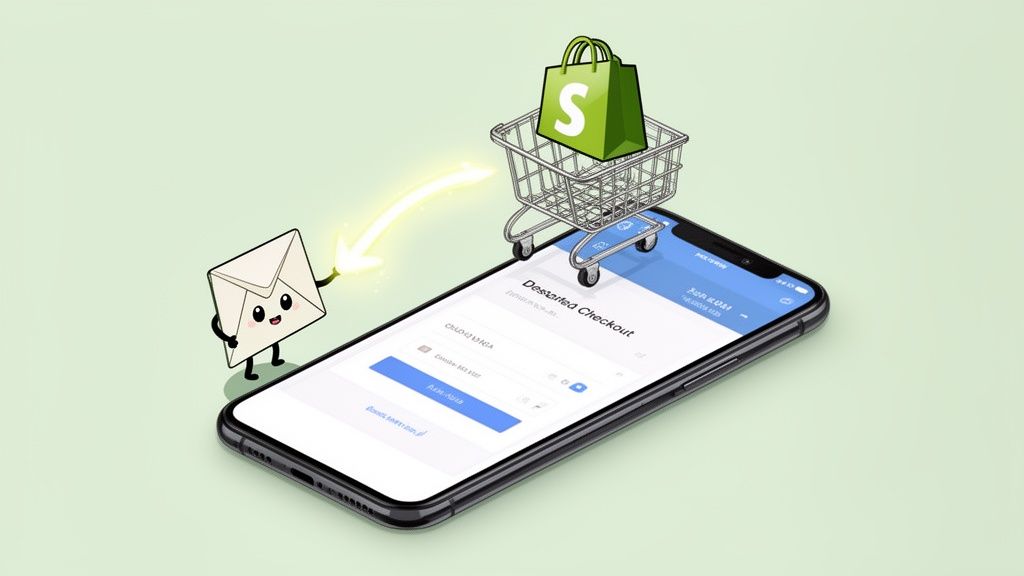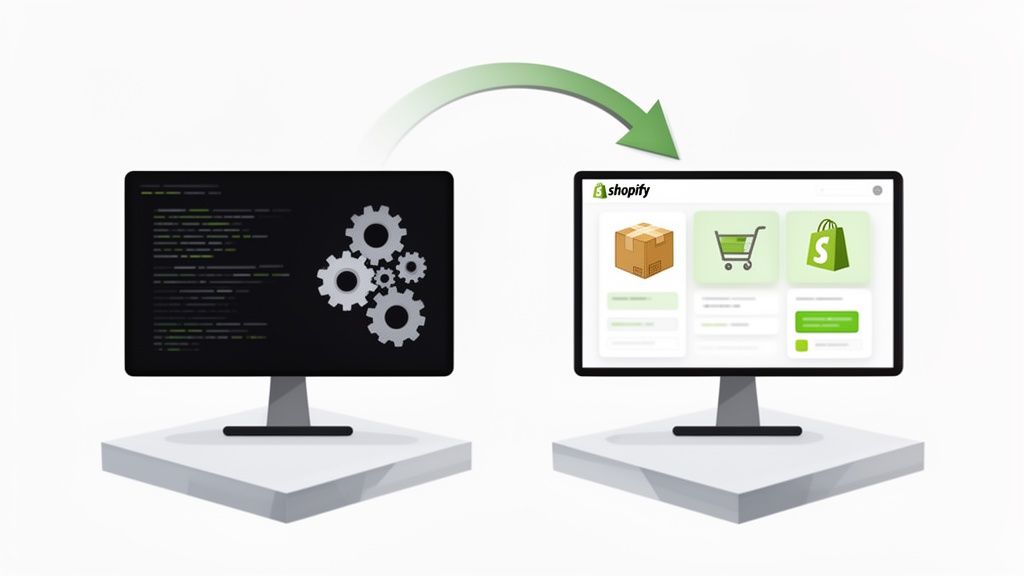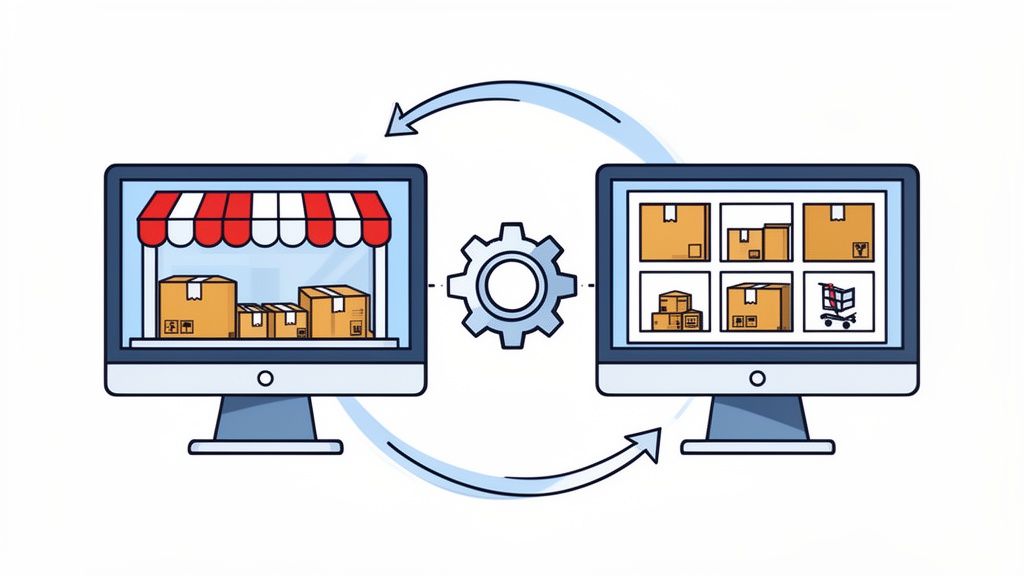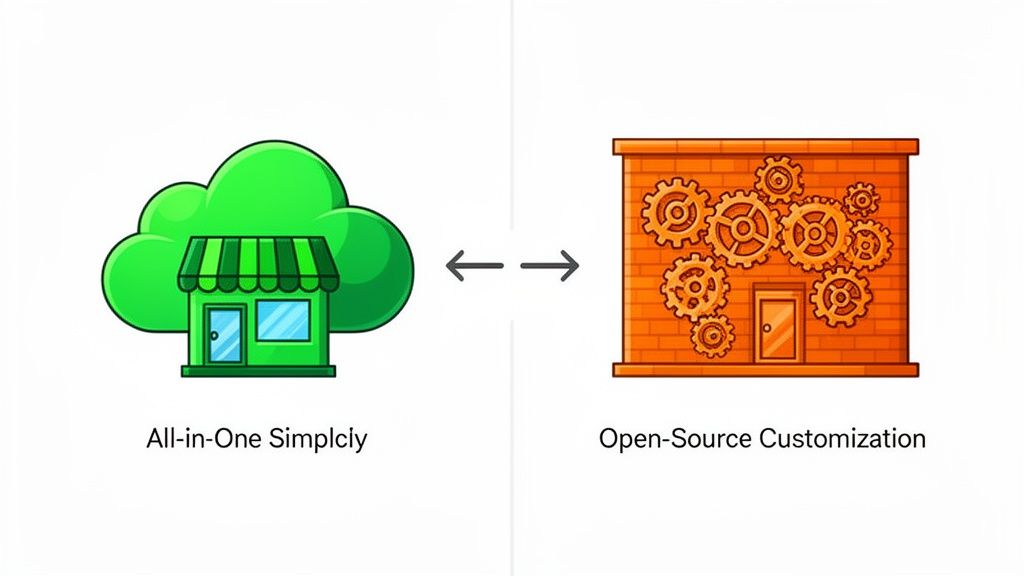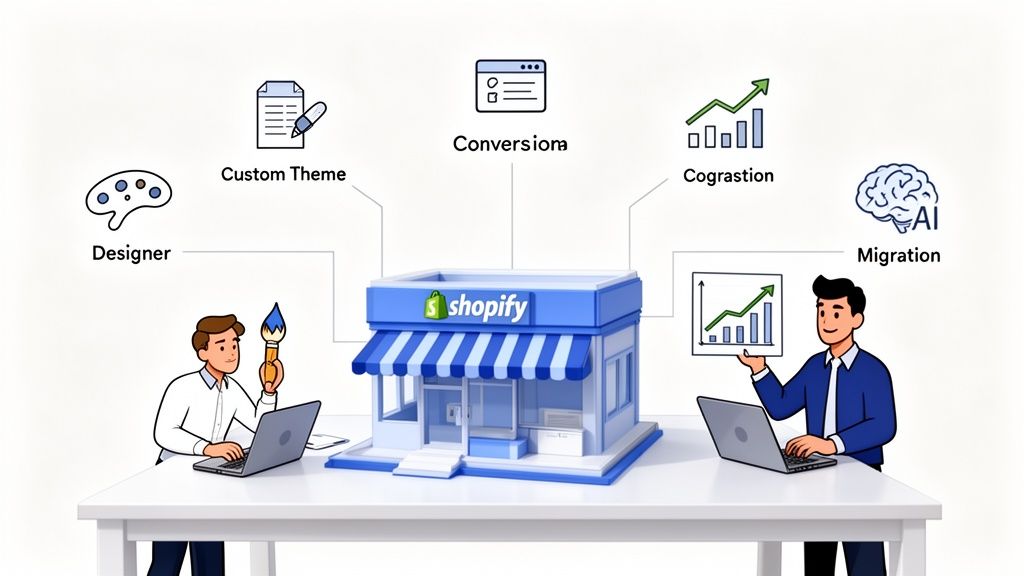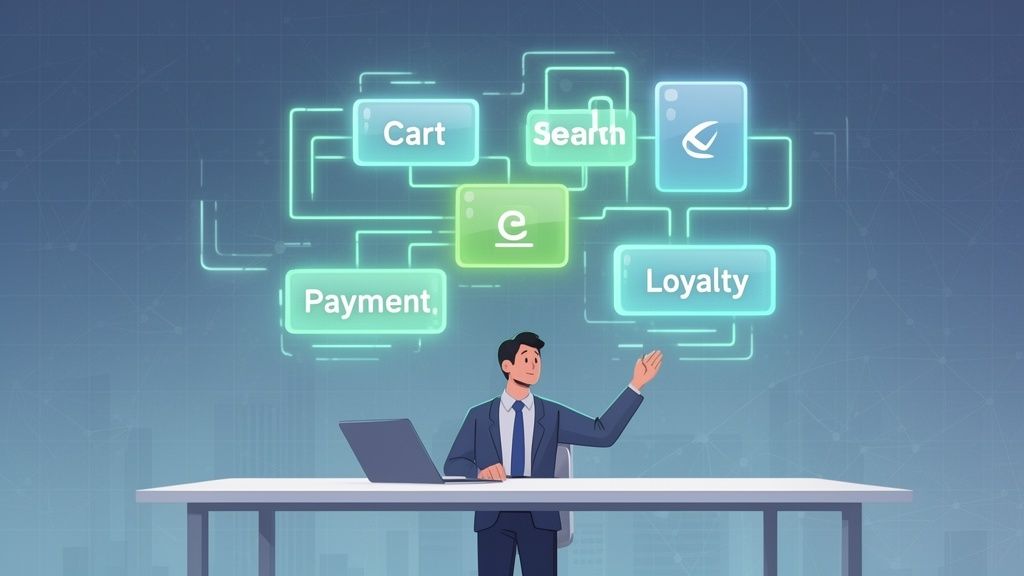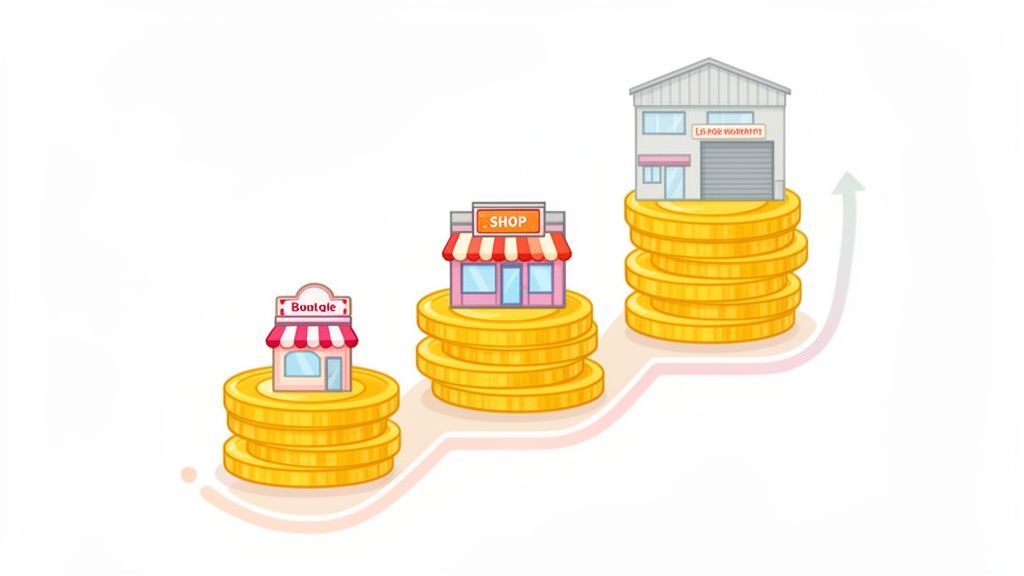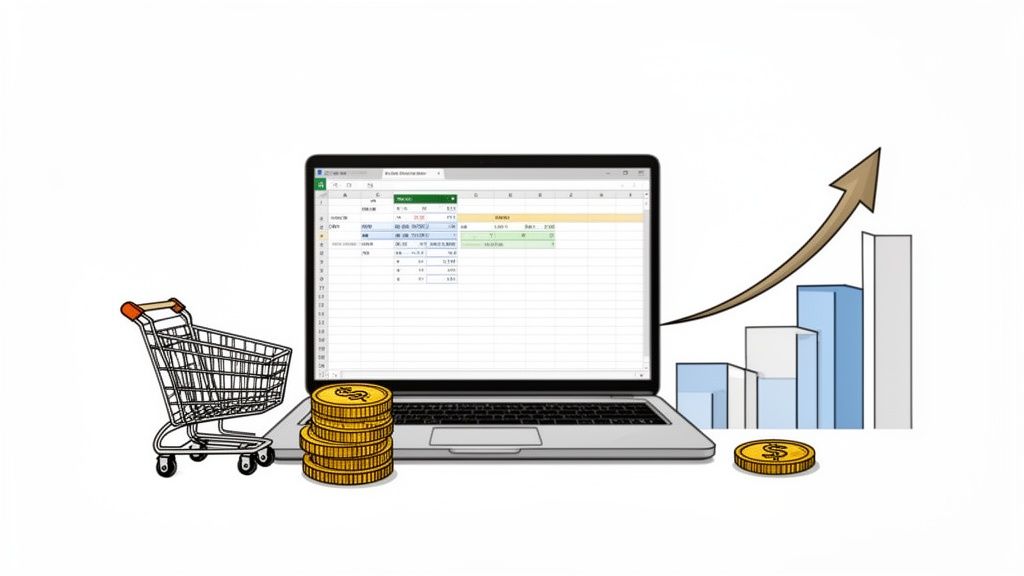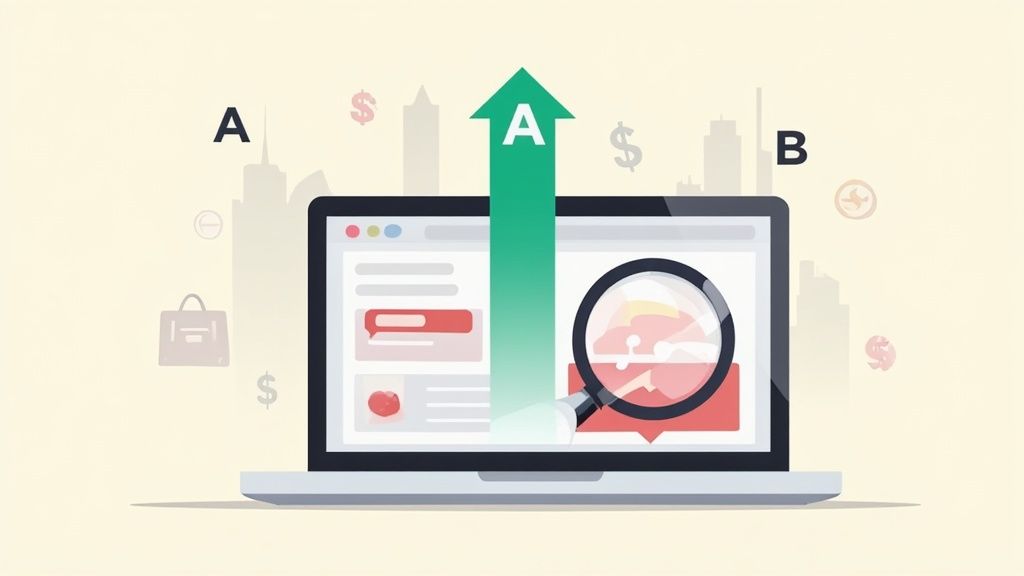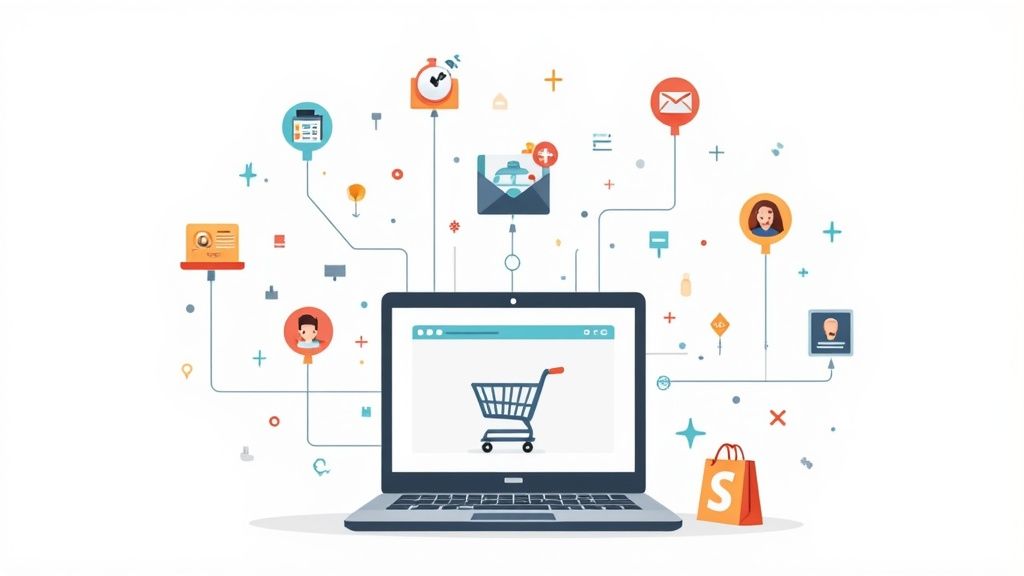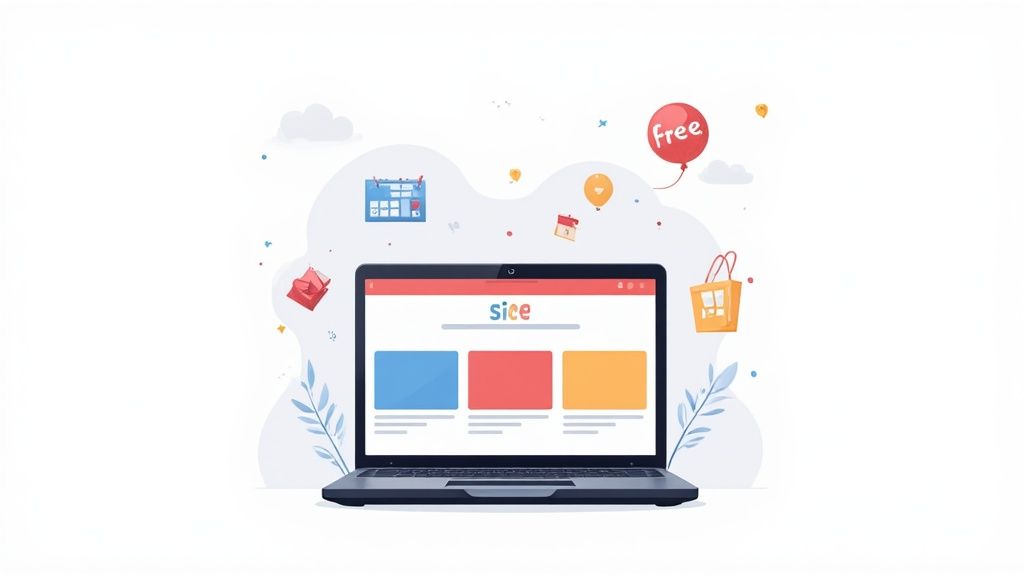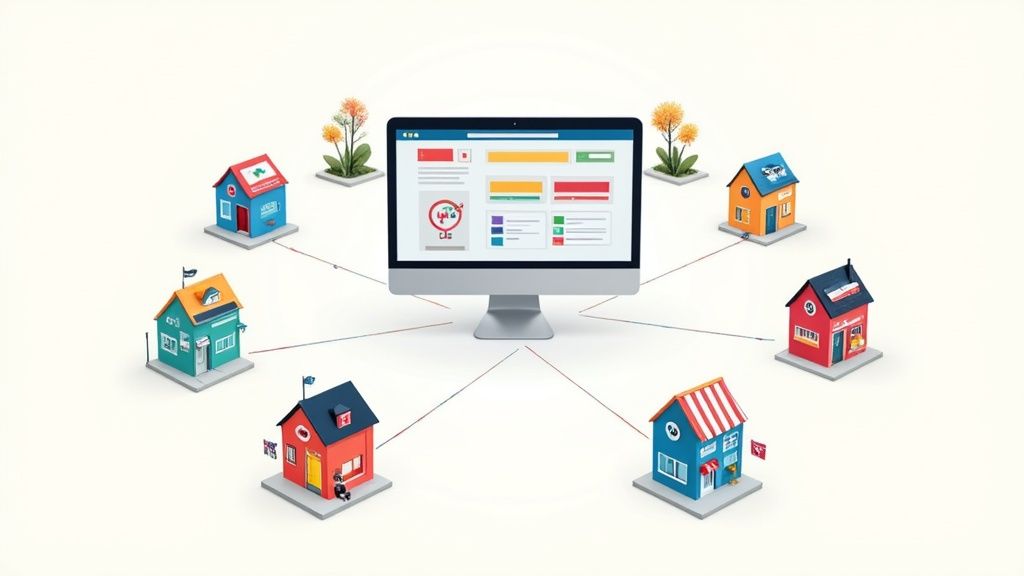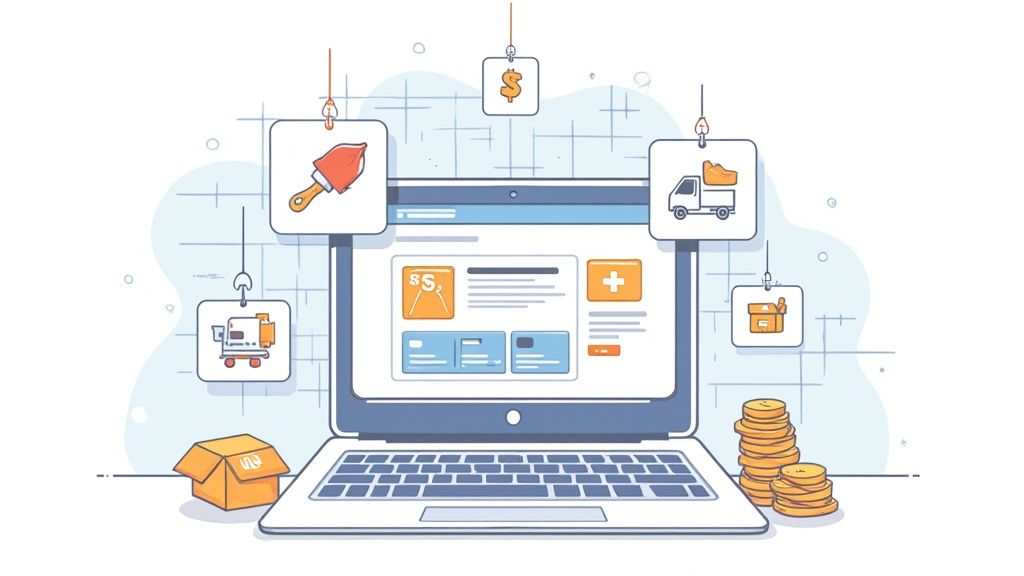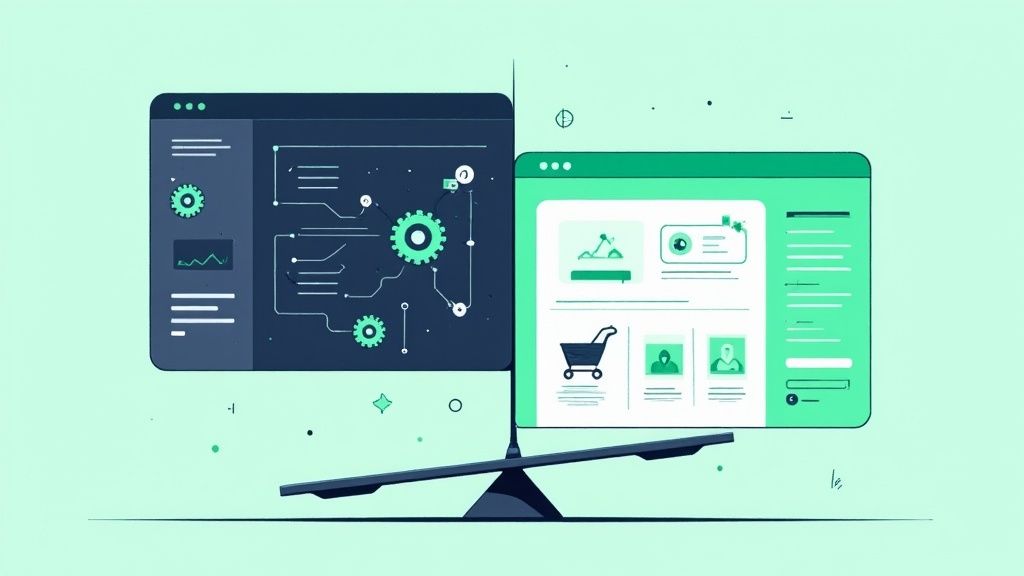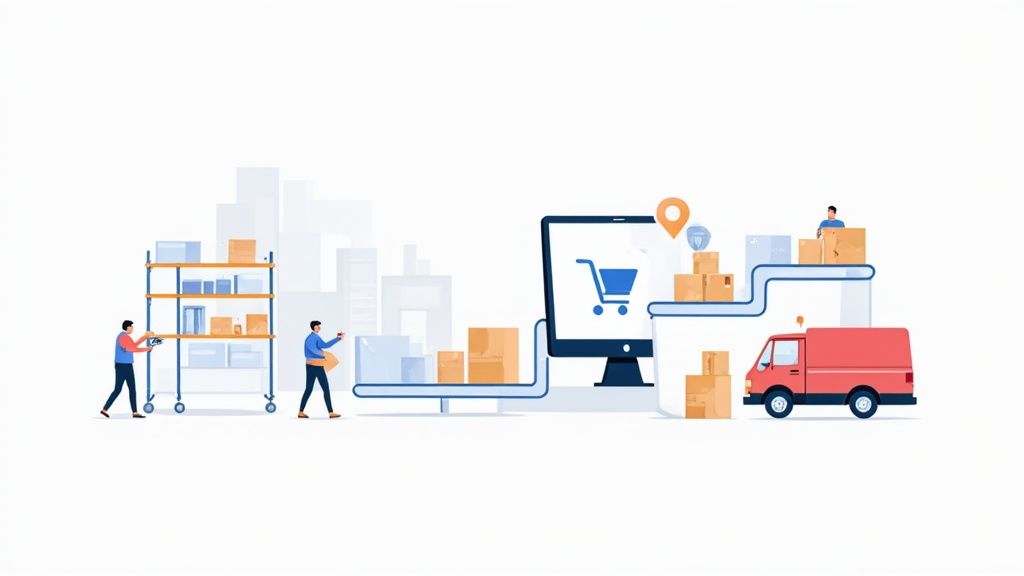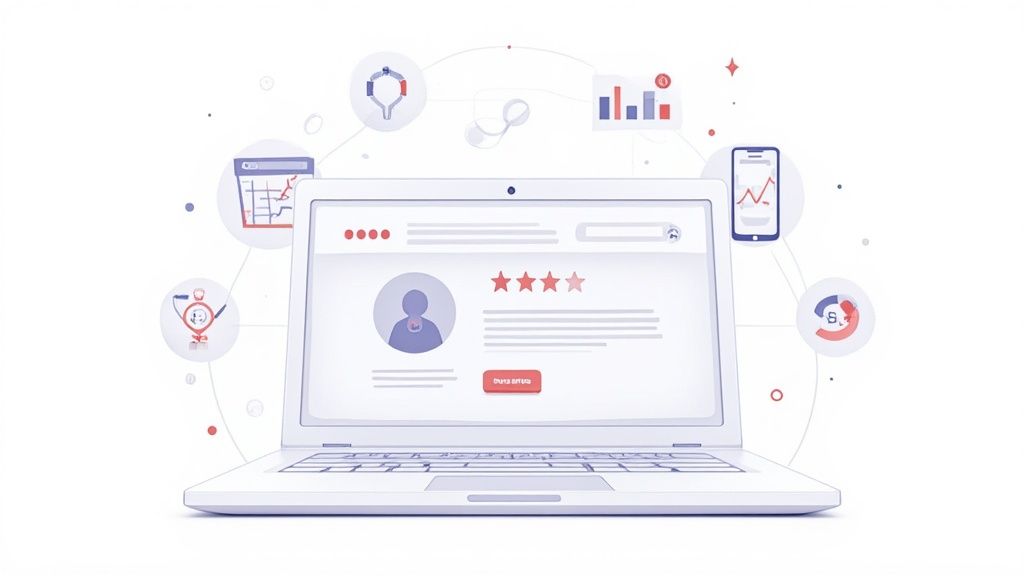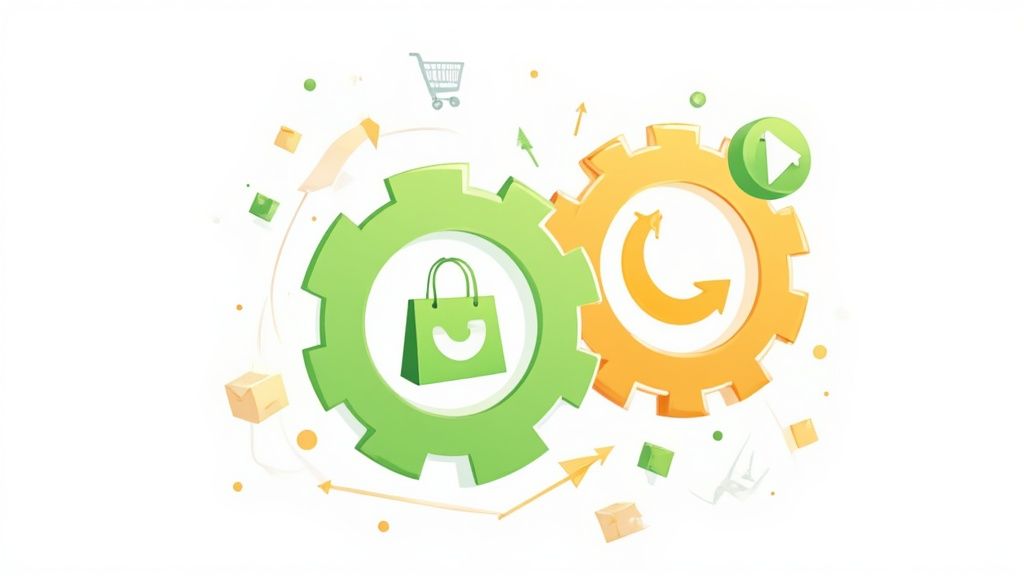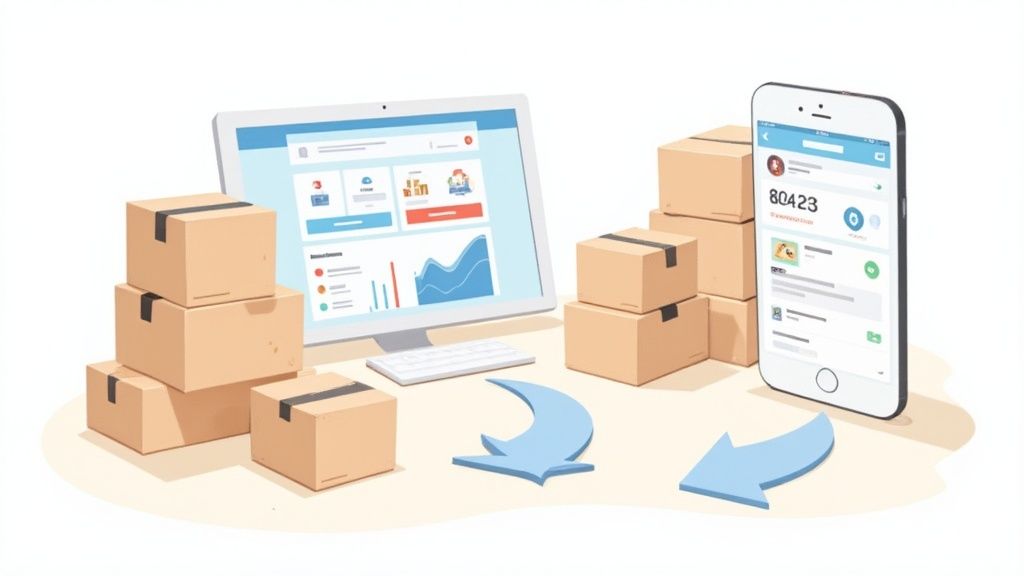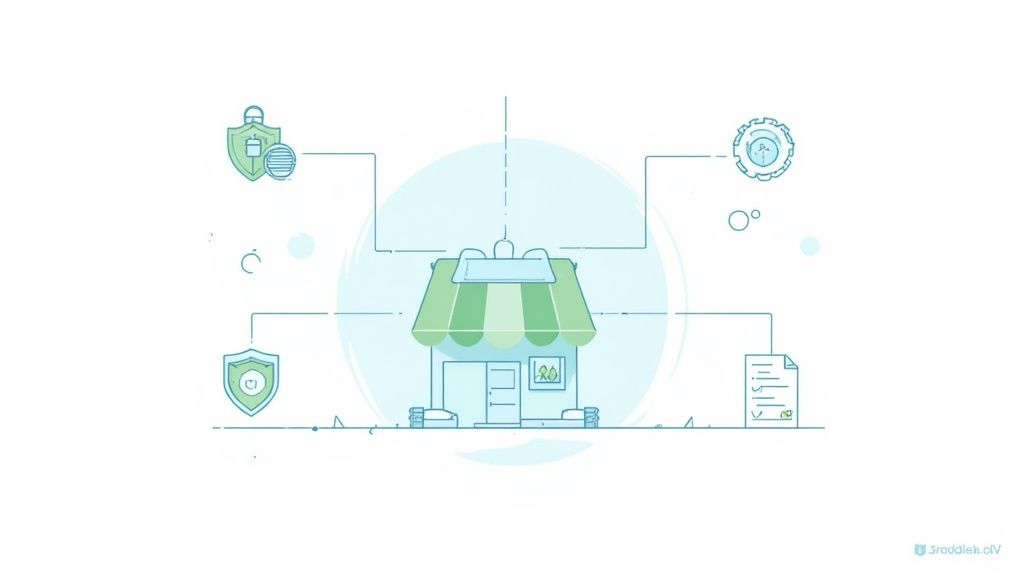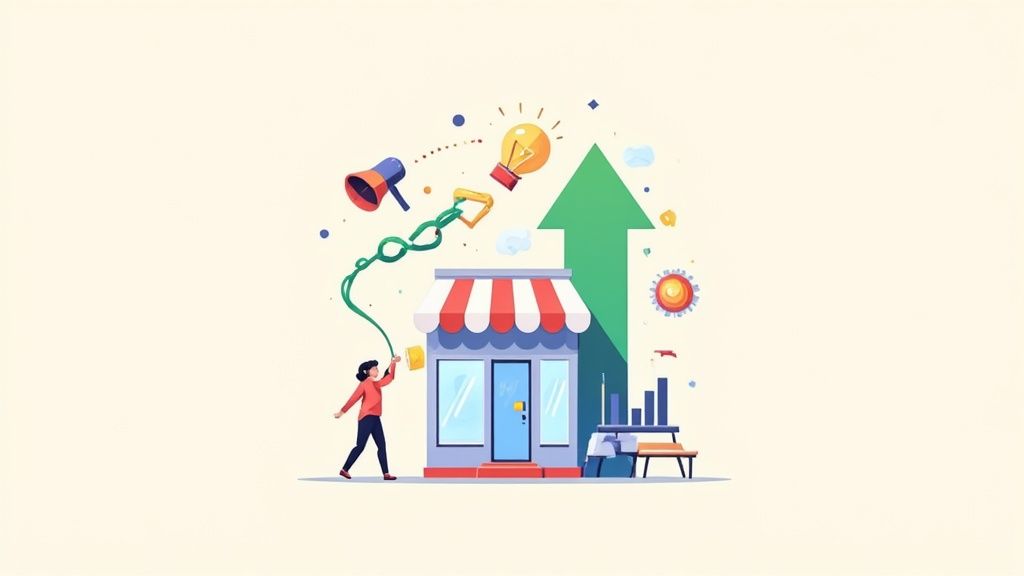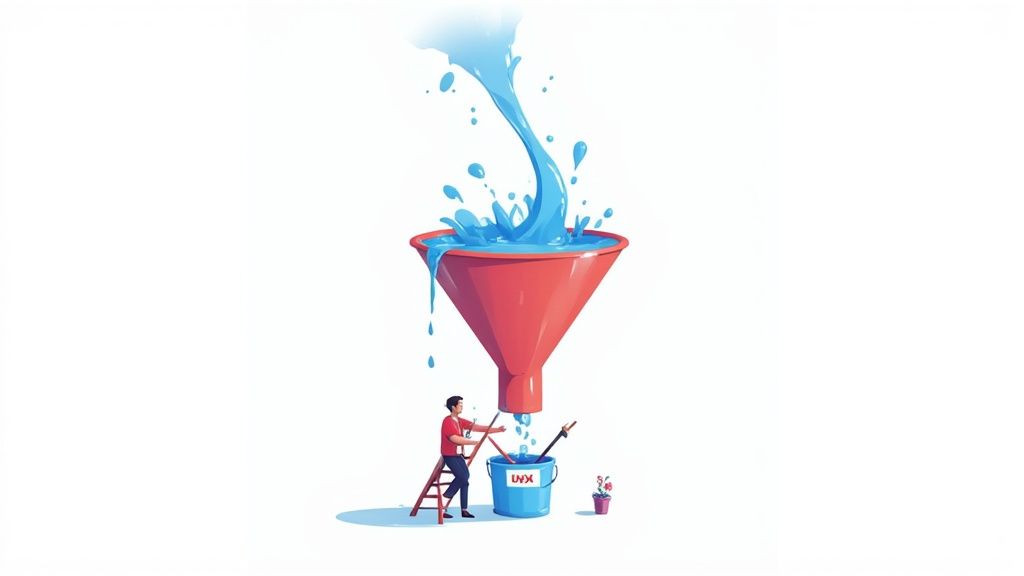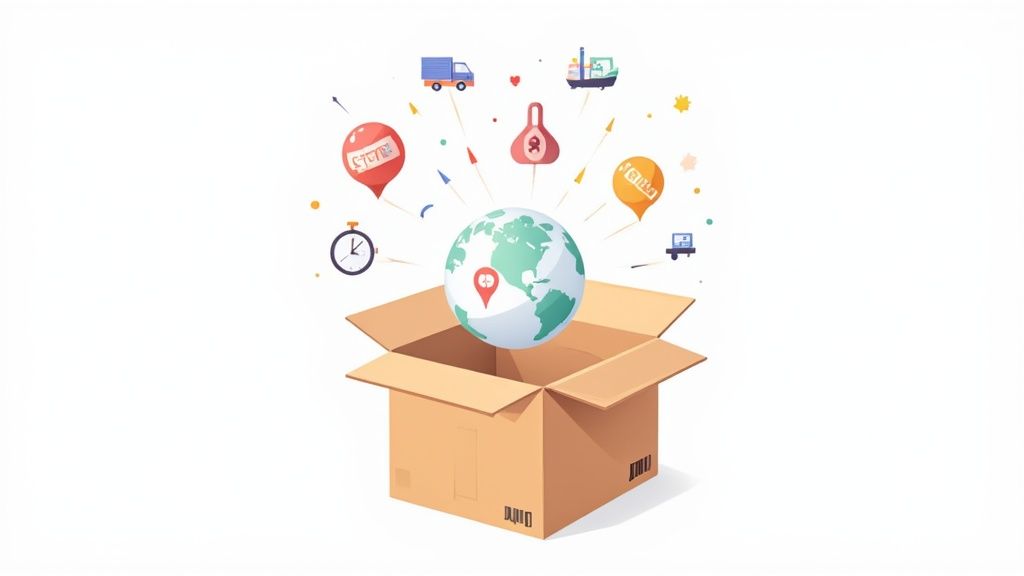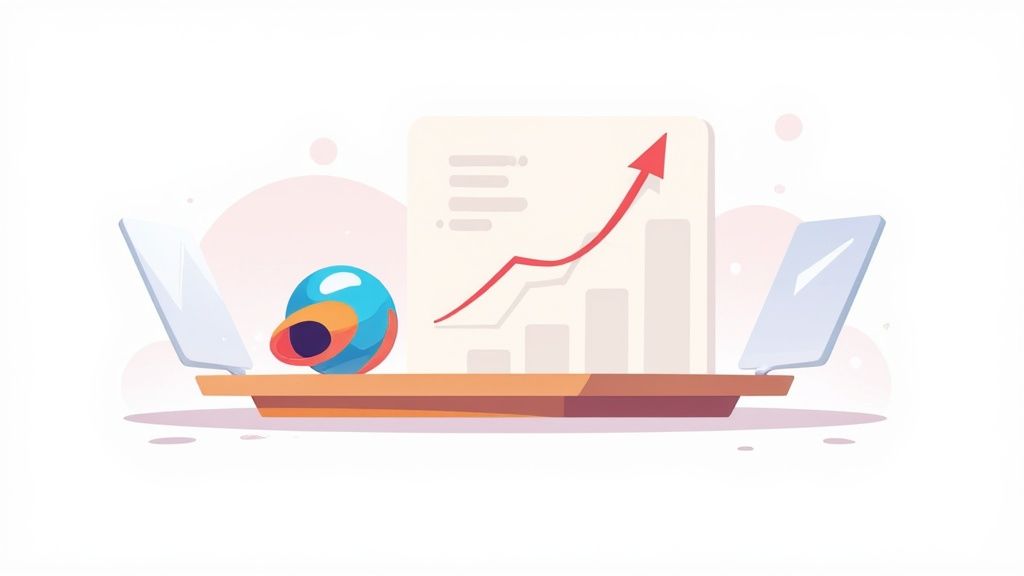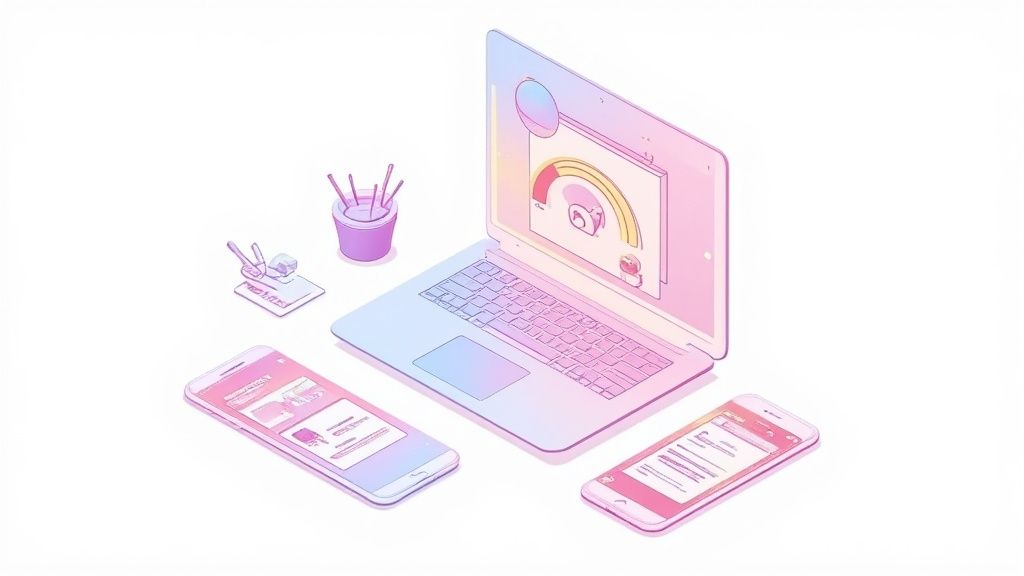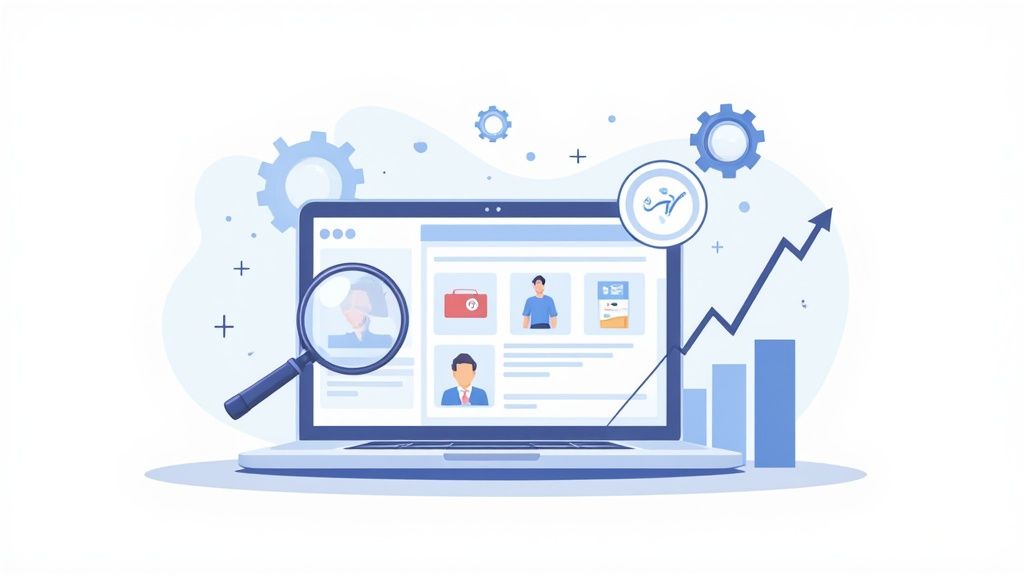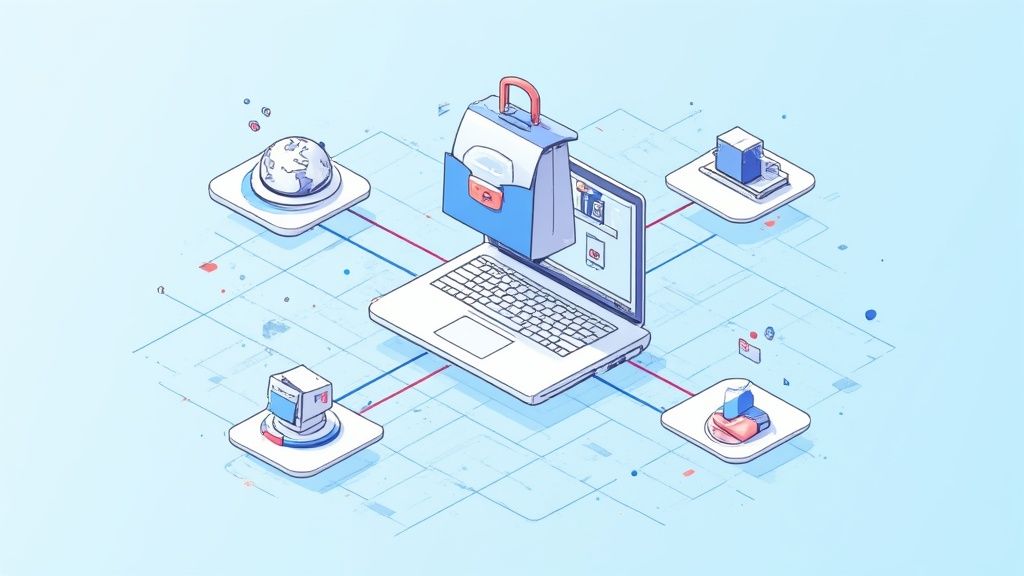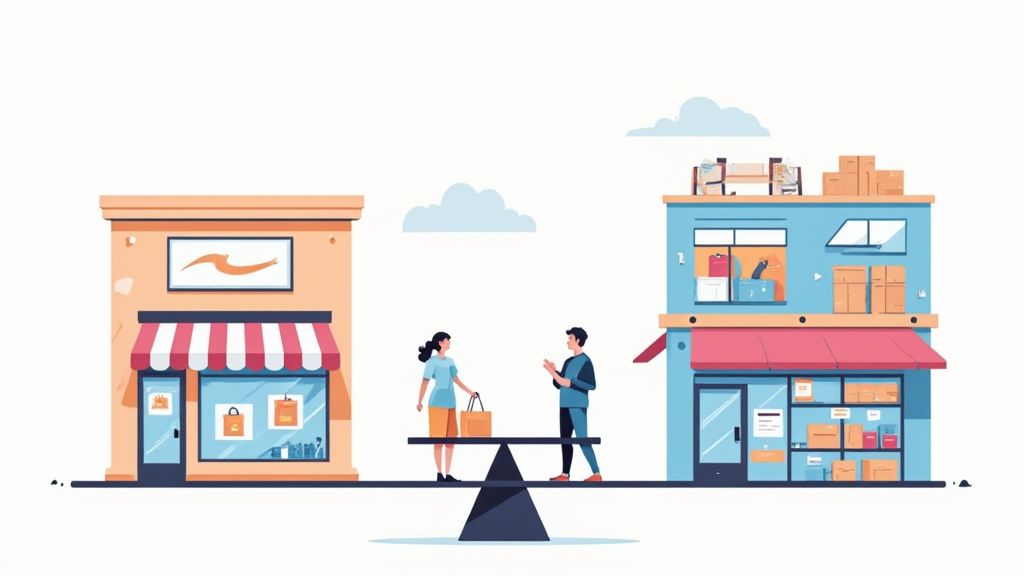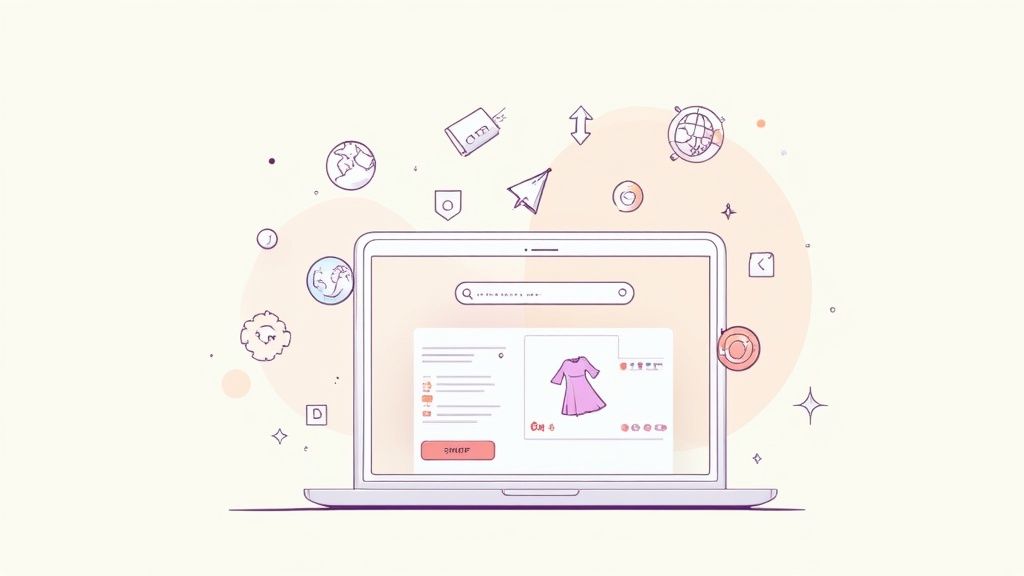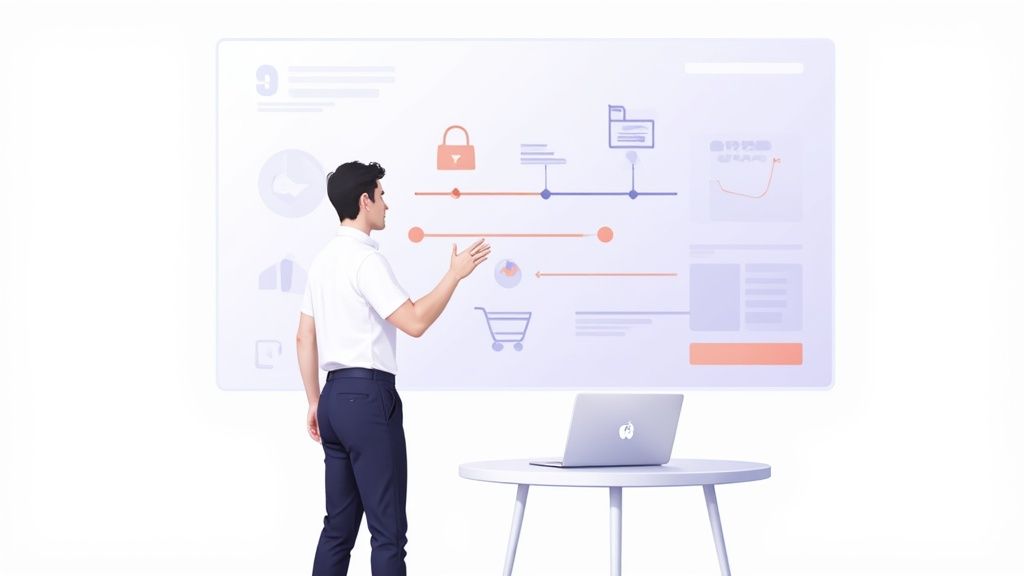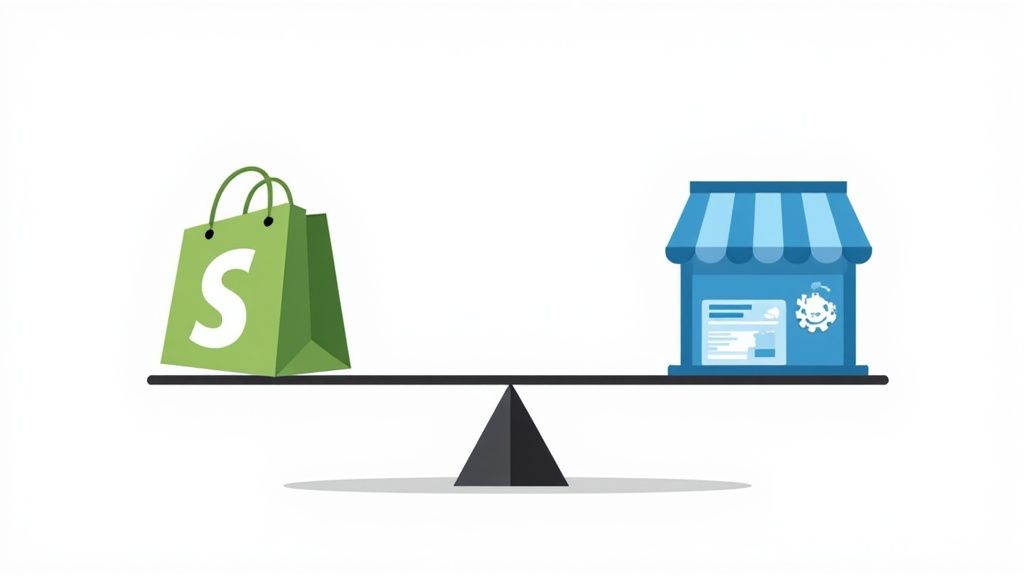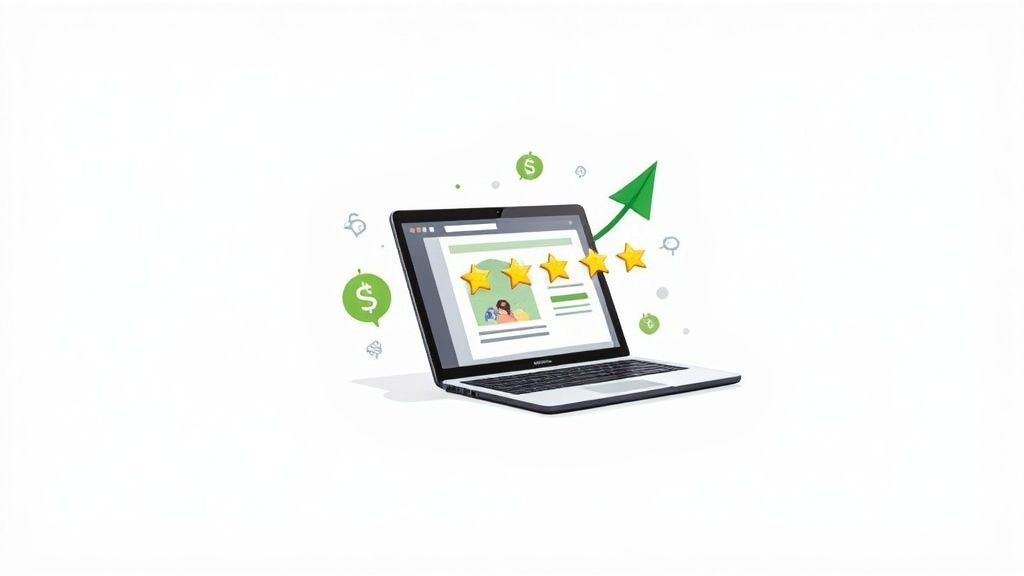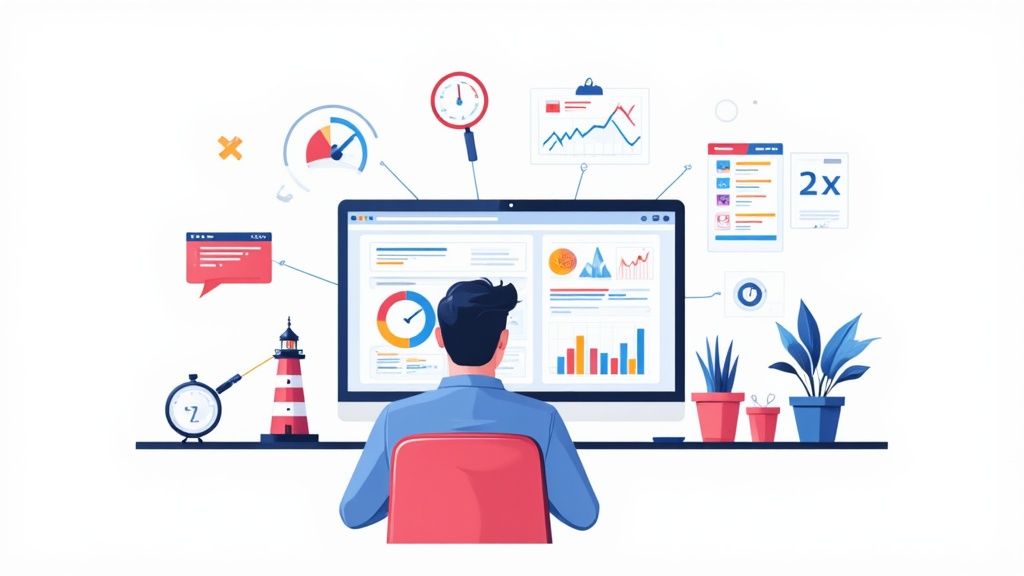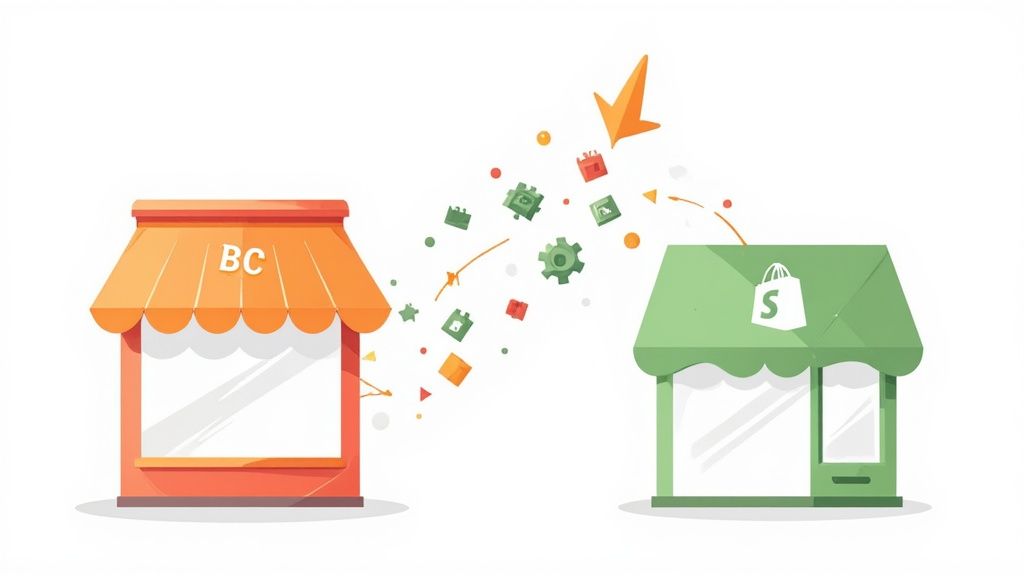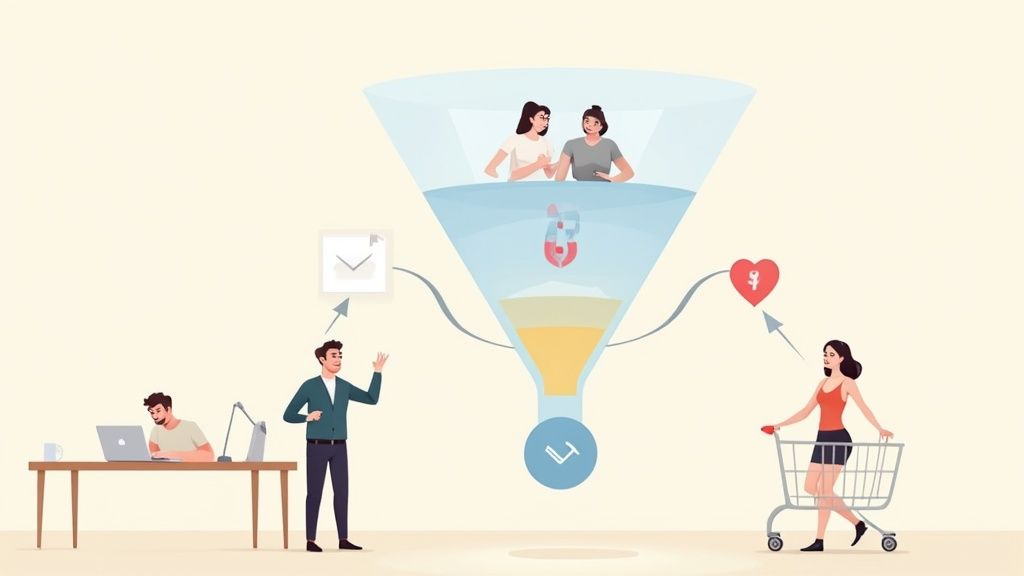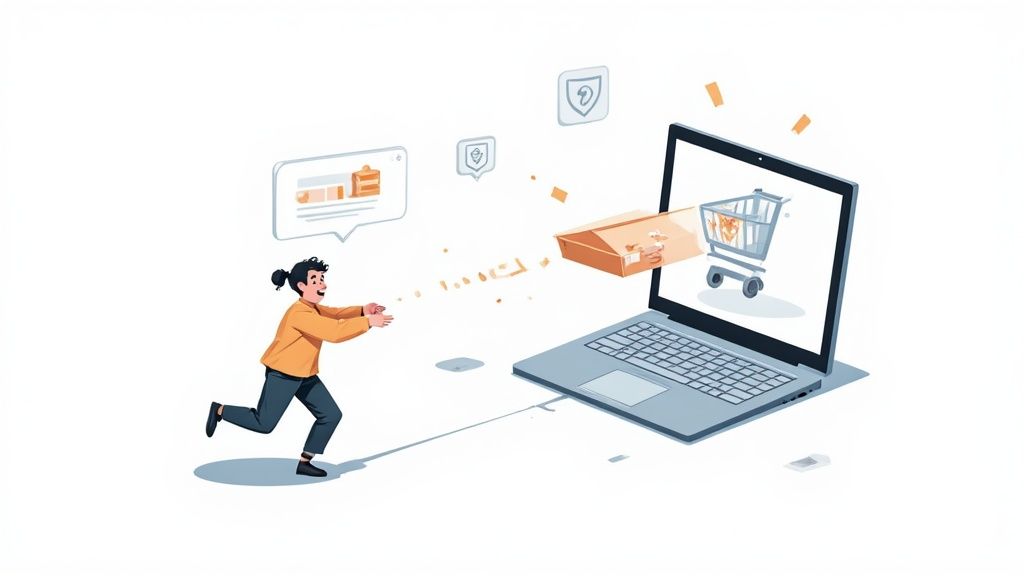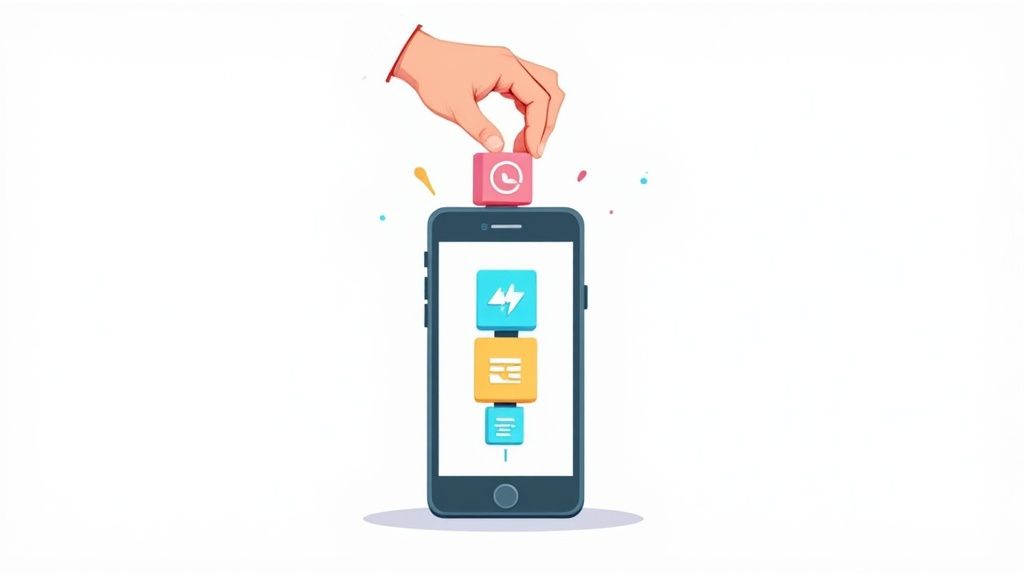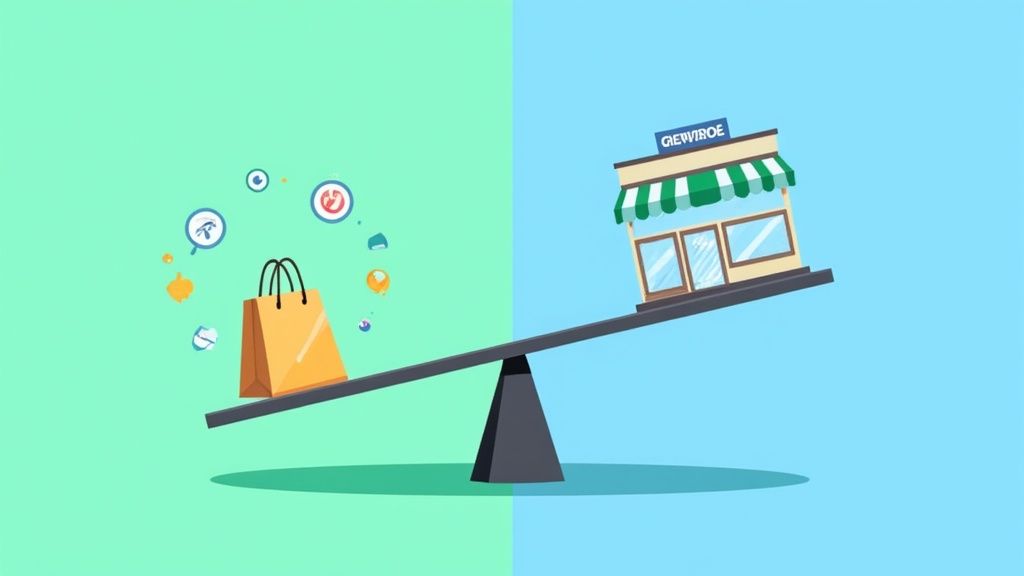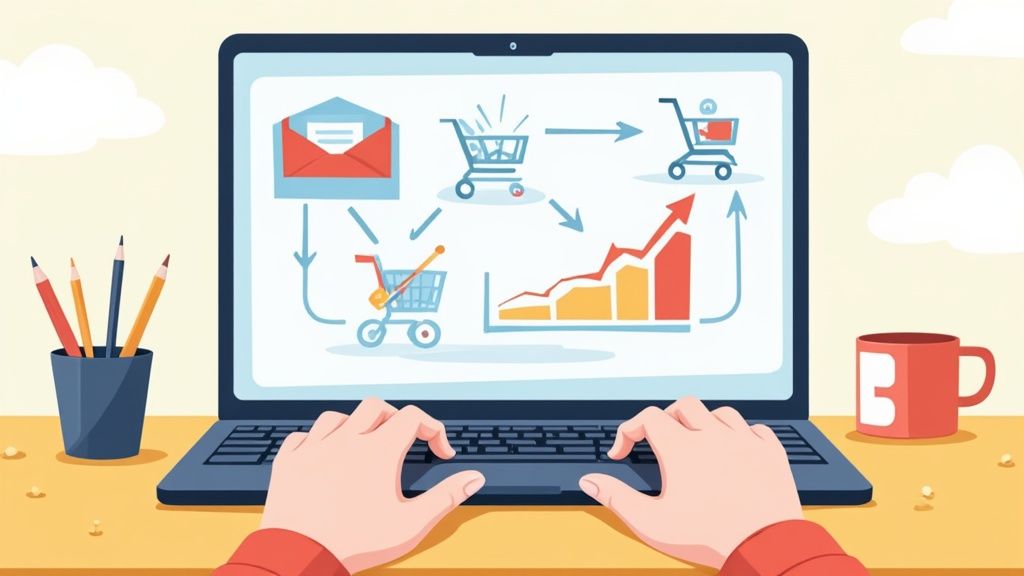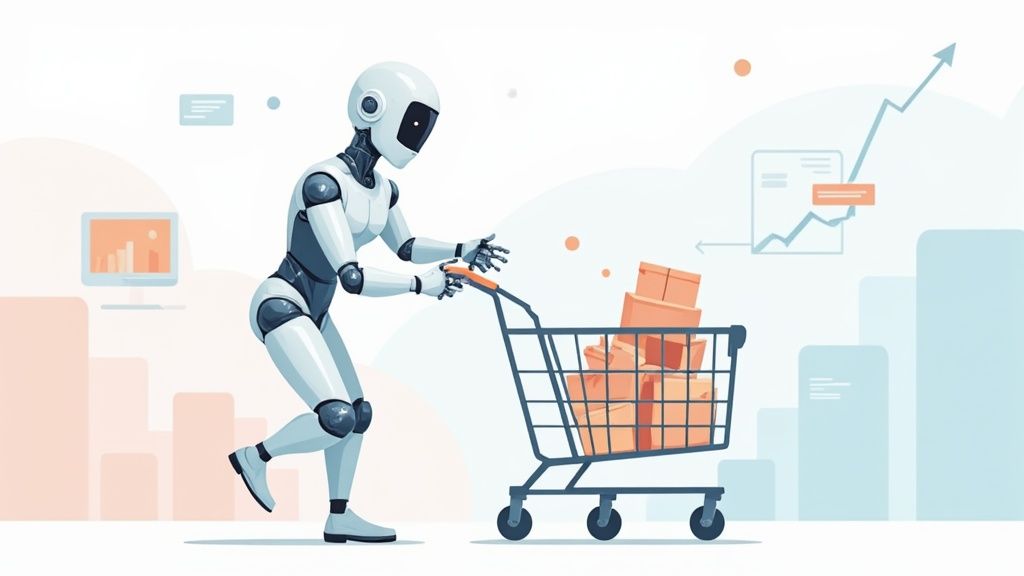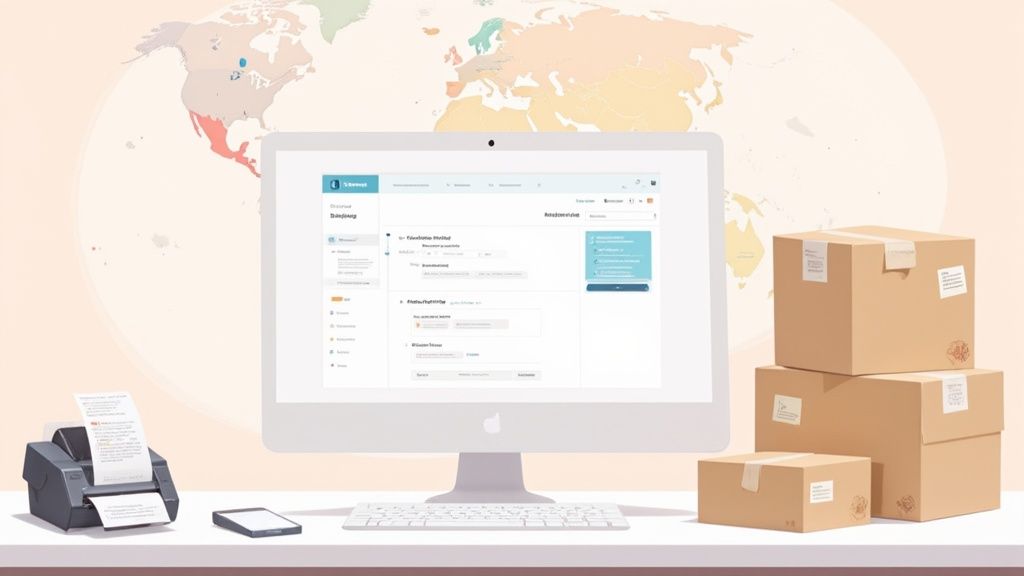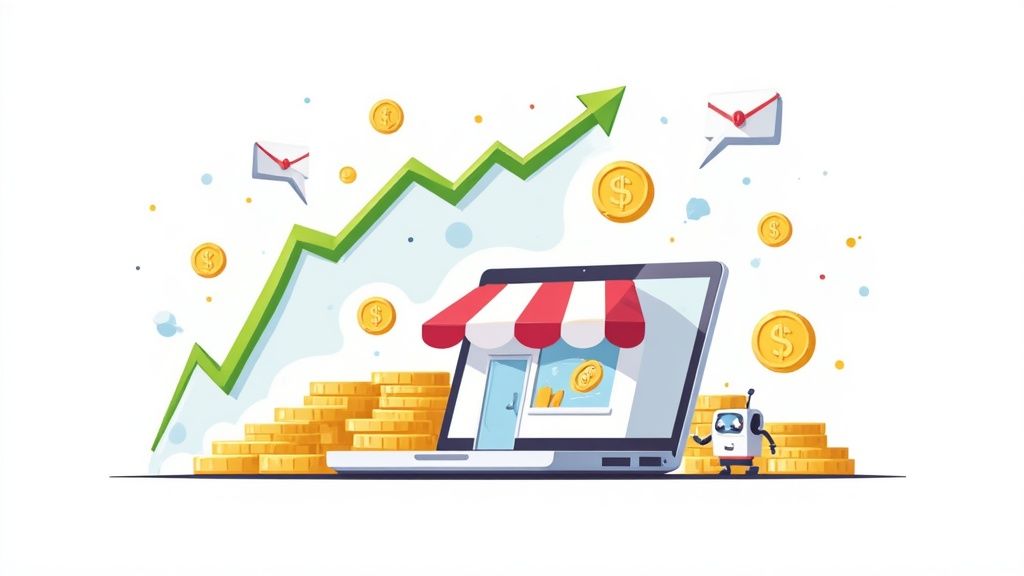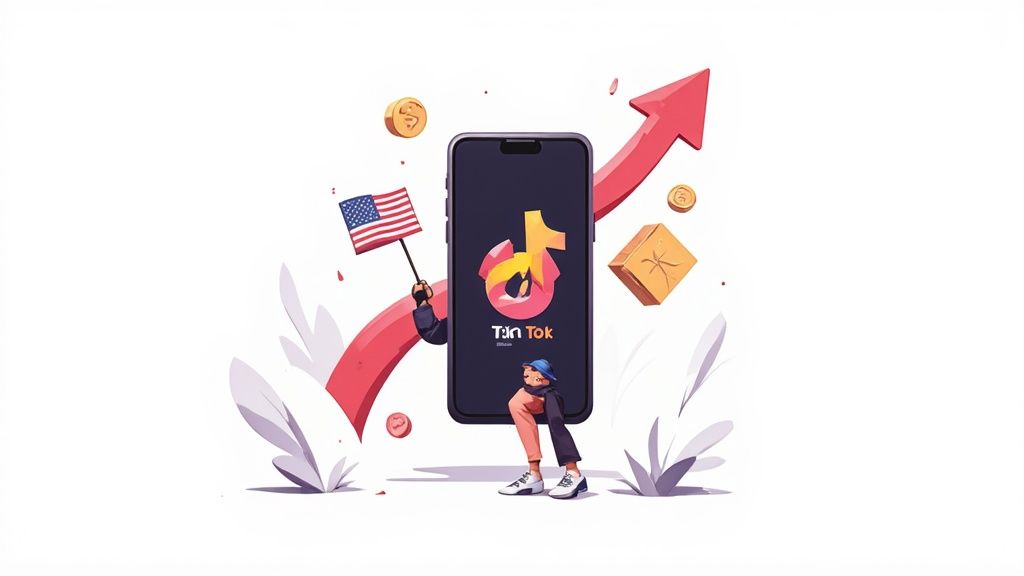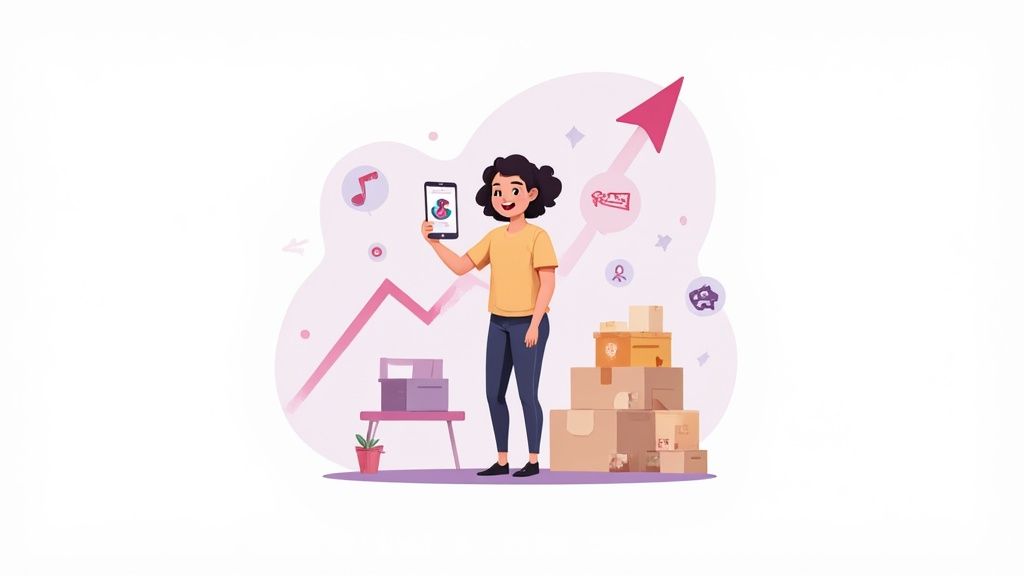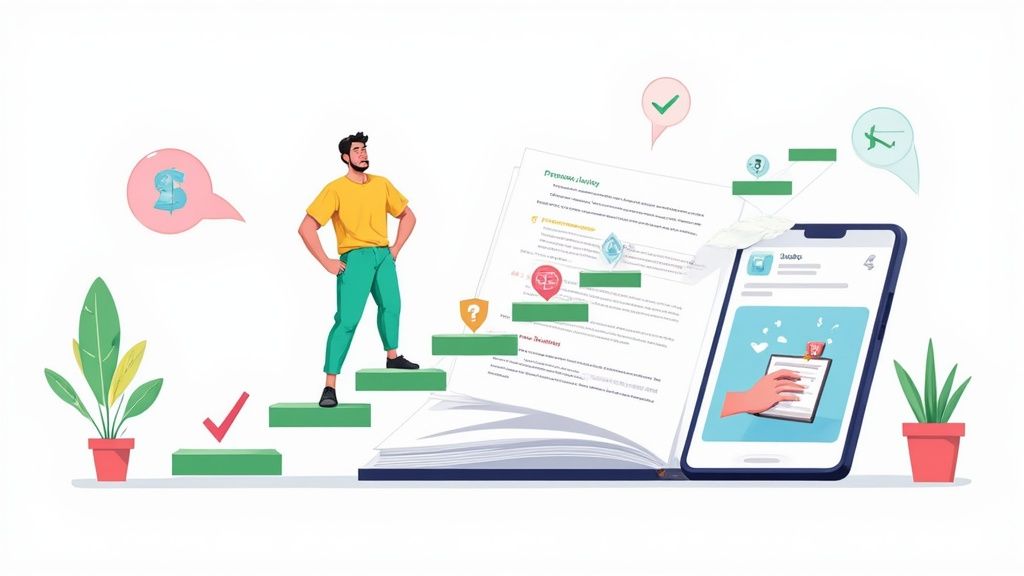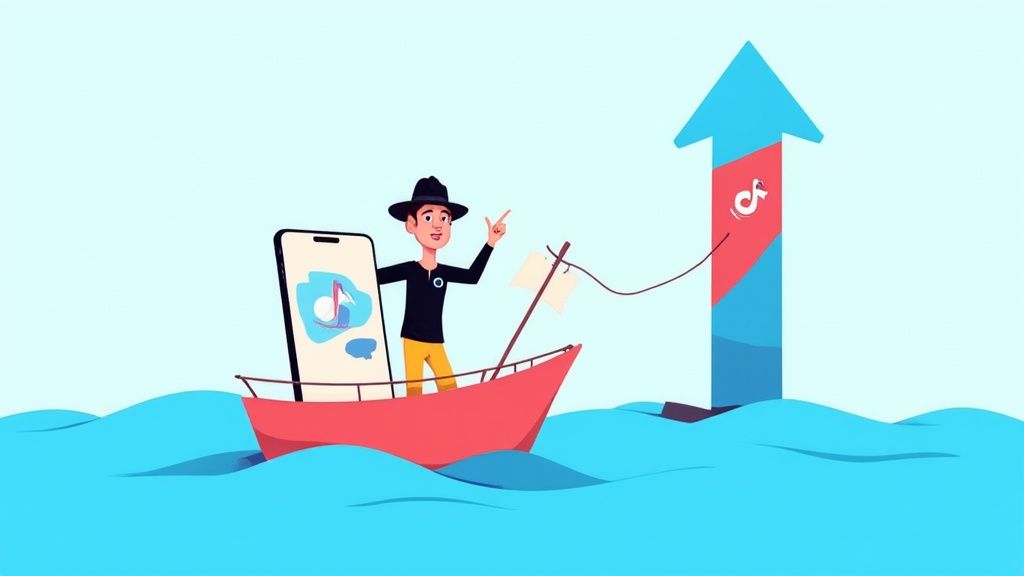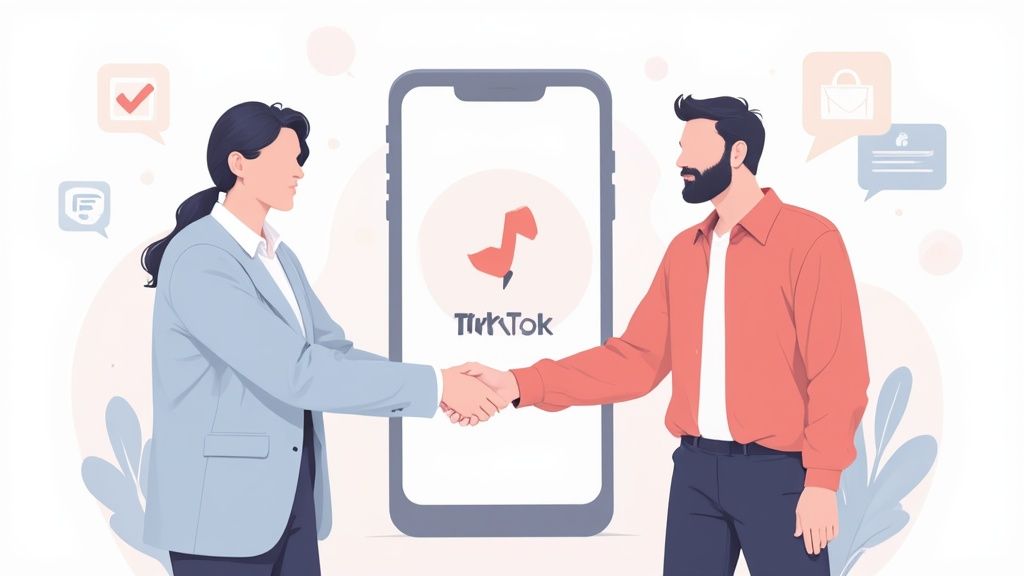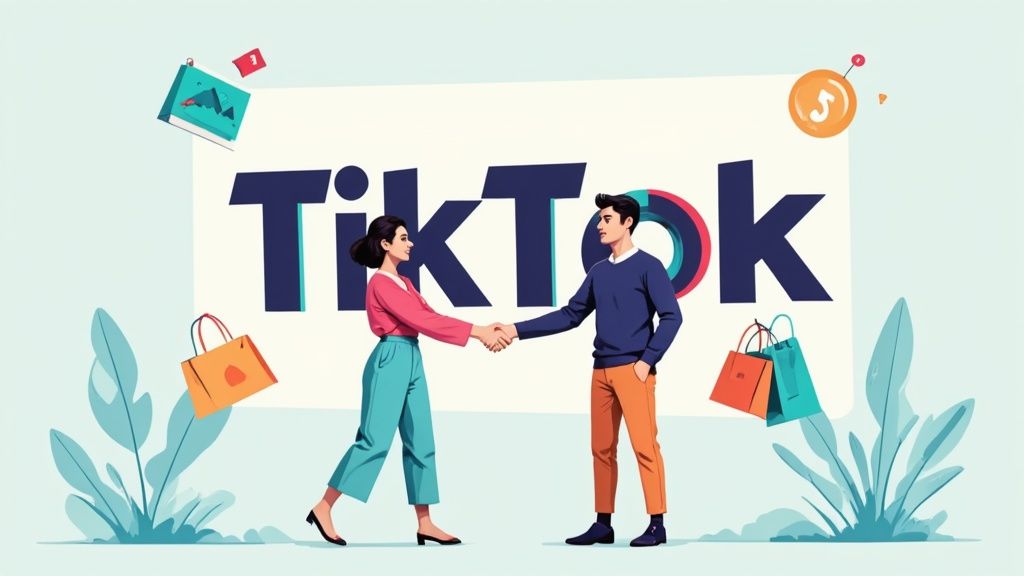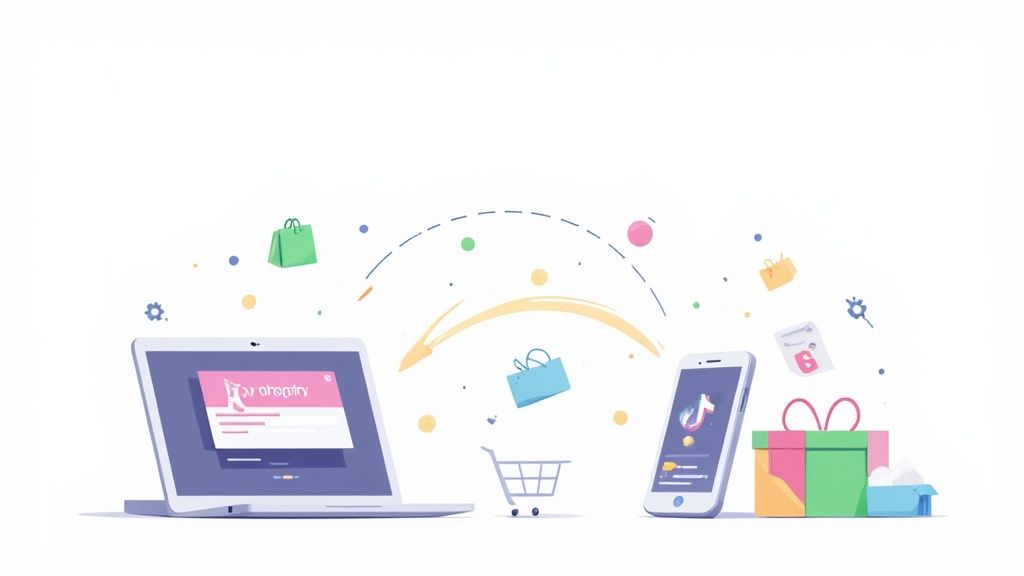
Running a personal blog is completely different from running an online store. There are many different capabilities in an E-Commerce store, and there is a lot more to manage. Secure Checkouts, Inventory Management, Email Marketing, Shipments, and Speed Optimization are just a few of the many variables that retailers must monitor. Numerous apps in the Shopify App Business can help retailers increase the functionality of their online store. There is an App for every little need, whether it is for adding customer feedback, enhancing email marketing, posting your products to Facebook, or collecting in-depth data.
This guide is for you if you're just getting started with the Shopify App Development Ecosystem and want to create Shopify Apps. It will go through the advantages of the Shopify App ecosystem, different types of Shopify App development, and how to create and maintain Shopify Apps.
What is Shopify?
Shopify is an eСommerce platform that enables users to create an online store to sell their products. Product organization, credit card processing, storefront customization, and sales data analysis are all available to users. It was first built in 2004 and was based on code that the company's founders had created for their online snowboard business. The snowboard store was created by the business using Ruby on Rails, an open-source online application platform. Shopify introduced an API platform in 2009, enabling programmers to develop and market applications for Shopify businesses in the Shopify App Store.
What is Shopify App Store?
Apps work as plugins in Shopify to expand a store's functionality and enhance the shopping experience. The Shopify app store offers a huge selection of apps. By choosing Shopify apps to link with their online store, merchants can easily get their websites up and running. Users can access Shopify apps across a wide range of categories, including fulfillment, shipping and delivery, customer experience, store management, and marketing.
Shopify App Development Ecosystem
Benefits of Shopify App Development
- Apps can easily access the eCommerce store’s data for better insights.
- Through Shopify apps, users may store purchase information and receive in-depth insights on the full sales cycle.
- Apps produce statistics for individualized and targeted marketing, helping to increase and optimize sales revenue.
- The majority of Shopify Apps are scalable, giving the website the ability to add more features and functionality. Apps are available for a variety of purposes, including increasing the shopping experience, taking payments, and supporting backend operations.
- Since custom Shopify App Development has more freedom to innovate and offer solutions that are specific to each merchant's needs, Shopify Apps are simple to customize.
- Many Shopify apps can quickly and seamlessly link with social media. With just a few clicks of a button, it can boost customer reach, improve brand perception, and share experiences.
- Apps give your firm a variety of marketing and advertising choices. As a result, businesses can segment their clientele and offer tailored marketing and advice.
Shopify App Development Types
1. Public apps: can be listed in the Shopify App Store and are accessible to a variety of retailers. The two categories are listed and unlisted. From the Shopify App Store, retailers can download the apps that are displayed. However, unlisted apps don't show up in the Shopify App Store's categories or search results. As an alternative, you can download them from the developer's website or the appropriate app store.
2. Custom apps: are created specifically for a given retailer and are not allowed in the Shopify App Store. They are excellent for expanding the web business to other platforms or adding functionality to your Shopify admin. To create custom apps, an outside app developer doesn't need admin access to Shopify or access to your store's API.
3. Private apps are created by developers for businesses that have unique needs that cannot be satisfied by custom applications. In contrast to the other two, Merchant Admit allows users to construct Private apps. Private apps are only accessible within your store and are not available in the Shopify App Store. The outside app developer will require Shopify admin and API access.
4. Shopify Partners test draft apps as part of the development process. They are only installable on development stores, which permanently disables store transfer.
Shopify App Development Process
Apps must improve the user design and experience while smoothly integrating with retailers' online storefronts. The developer's brand will be represented by the design concepts, and contented customers will result in improved retention rates.
Polaris
To create and design Shopify Apps, both internal and external developers use the open-source design system Polaris. Developers can use Polaris regardless of whether their app runs inside or outside the Shopify Admin because it complies with online accessibility requirements. Using Polaris, developers may avoid creating unique UI components. Its components are all adaptable, ready to use, and simple to apply. Typography, images, icons, spacing, colors, and interaction states are included in the list of elements.
Tools and Resources
Due to Shopify's language independence, users can use well-known programming languages and frameworks for creating apps. Users can start constructing their first app using a variety of tools, resources, and documentation.
Prerequisites before you start building:
- Access to the computer’s command line and text editor.
- Efficient in any backend programming language, such as Node.JS, Java, PHP, Ruby on Rails, or Python.
- Use the npm package manager to install the software.
- Users may find and administer the Shopify GraphQL Admin APIs by using the Shopify GraphQL App Installer and Shopify App CLI tools, which both speed up the development process.
Steps for Shopify App Development
Following are the steps for Shopify App Development:Step 1: Embed your app in the Shopify platform.Step 2: Build your user interface using Polaris.Step 3: Use the REST API or the GraphQL Admin API to access and configure the GraphQL Admin API.Step 4: Connect the Billing API.Step 5: Webhooks or EventBridge can be used to capture and react to events.
Submission and Review Process
You can submit your Shopify App for approval after you've tested it and made sure it's production-ready. The Shopify App Review team will check to see if the app complies with its requirements after submission. The accuracy of your app's core functionality, authentication, and billing API will be checked by reviewers. Reviewers will review your app listing to ensure that no mandatory fields are incomplete. Your app will go through several levels of evaluation during the process, which takes 6 to 8 business days. Users are told at what stage their app is throughout the assessment.
Conclusion
Shopify guarantees a high uptime rate and exceptional performance. Merchants may increase Shopify's adaptability by using the different app connections offered in the Shopify marketplace. Apps for Shopify open up additional features and boost optimization for a better user experience.






